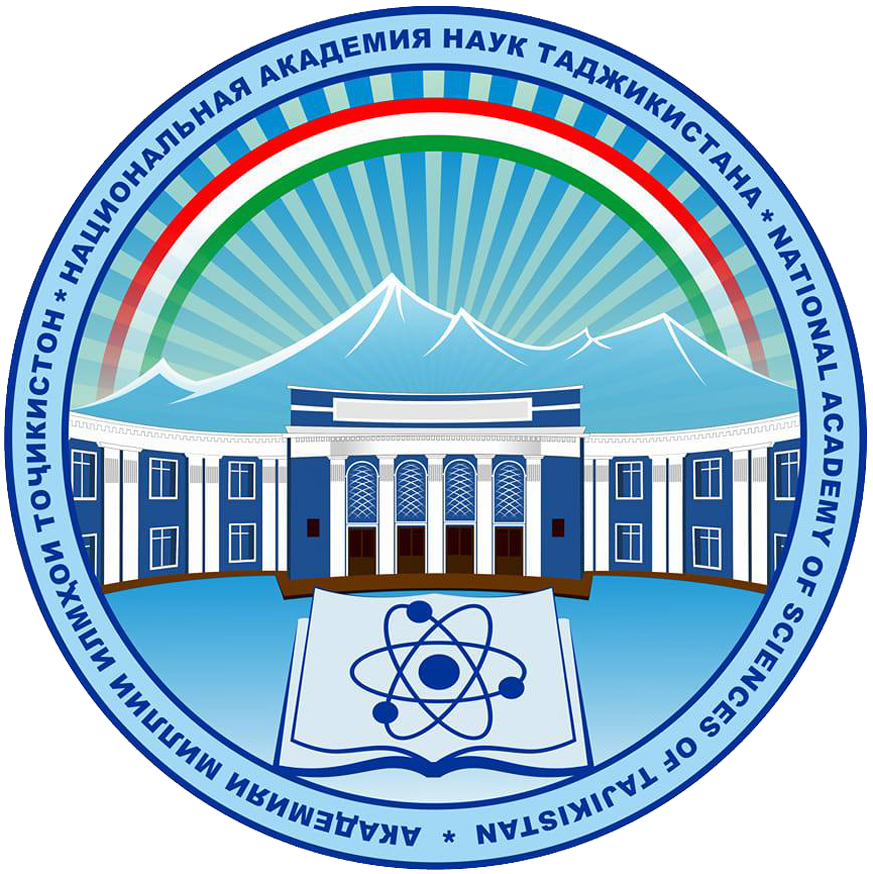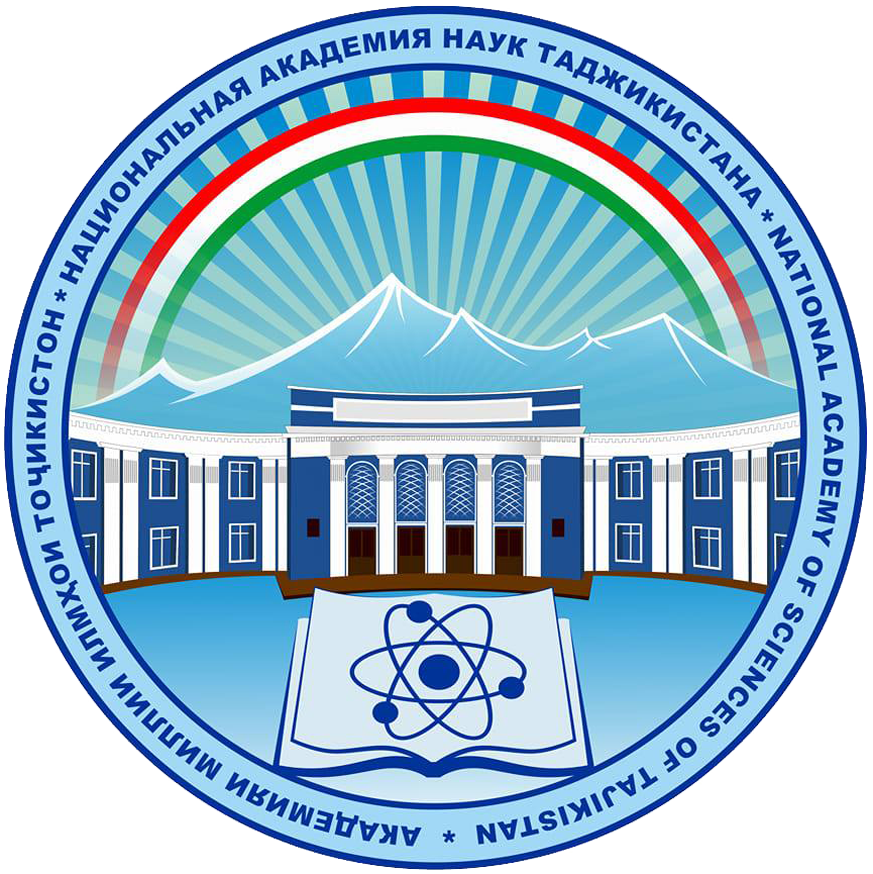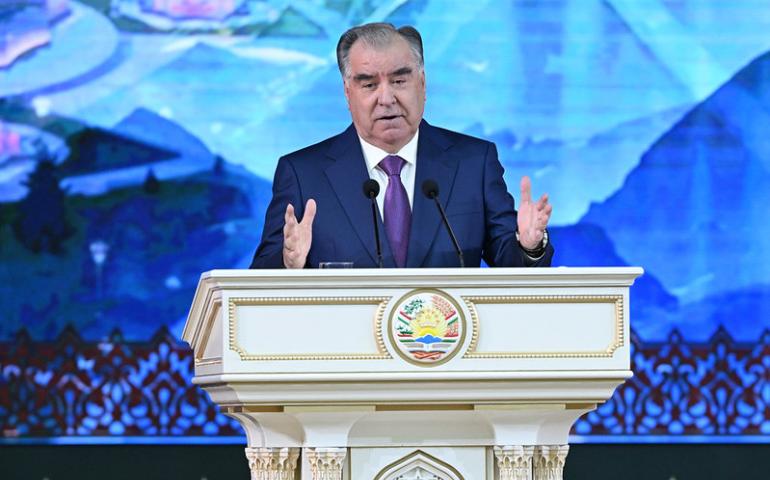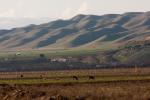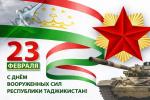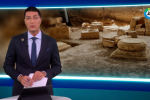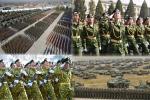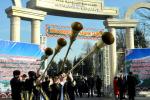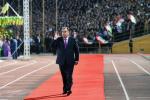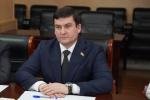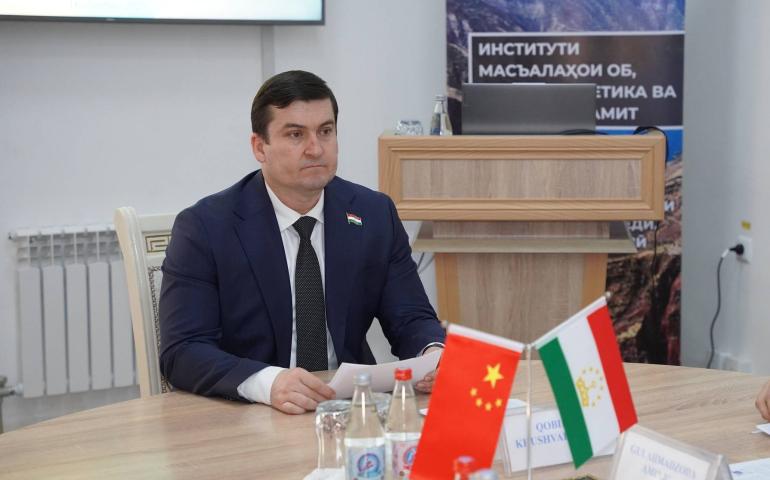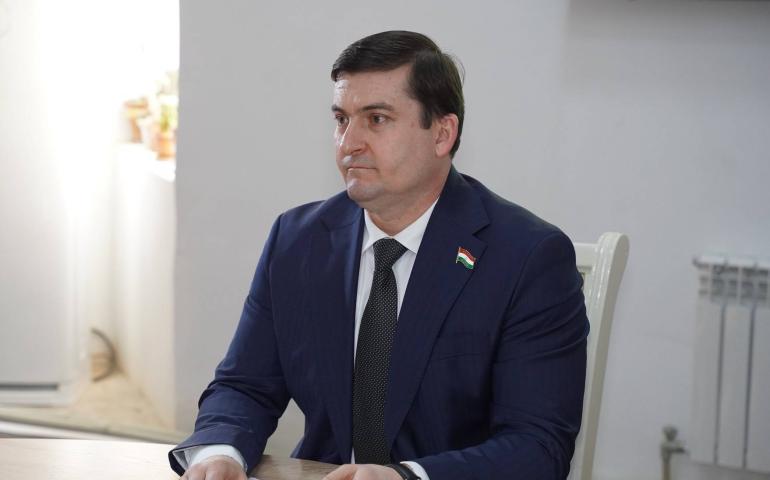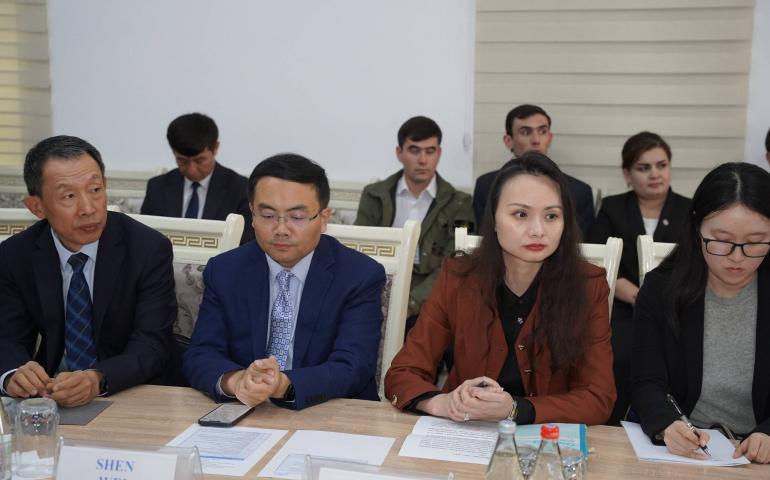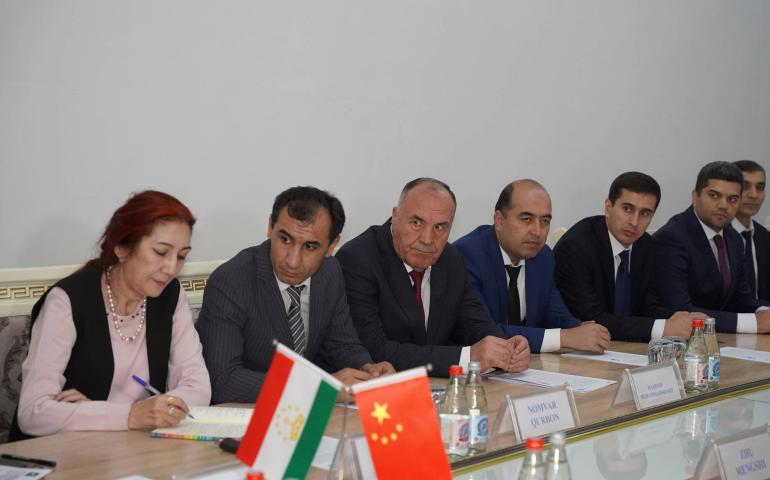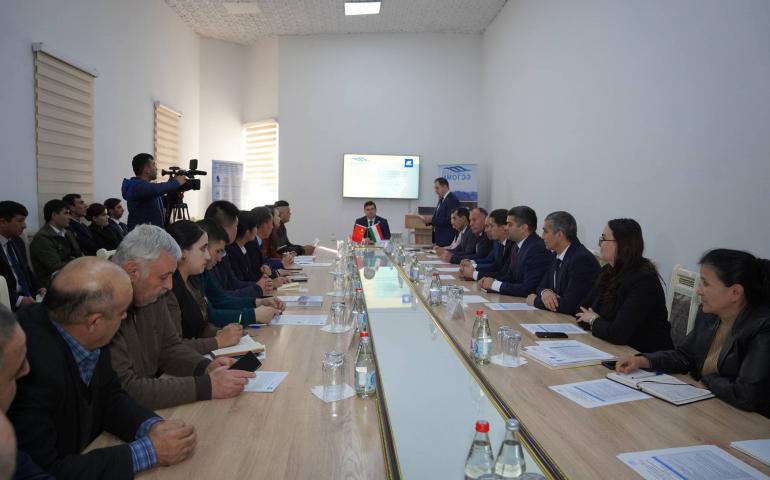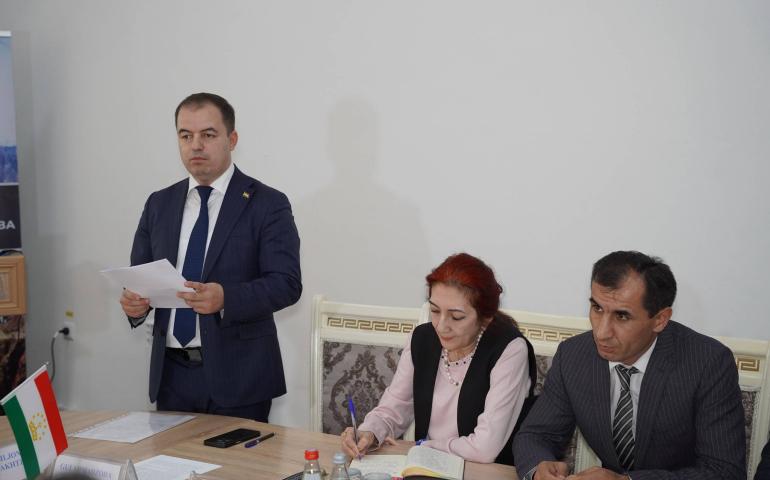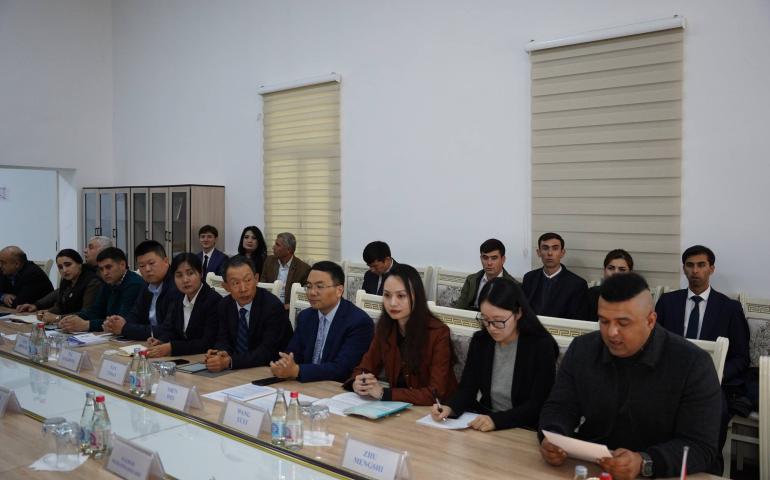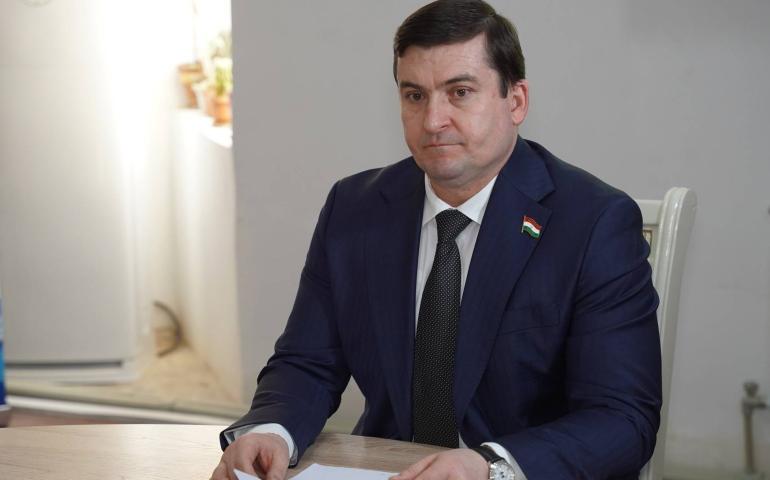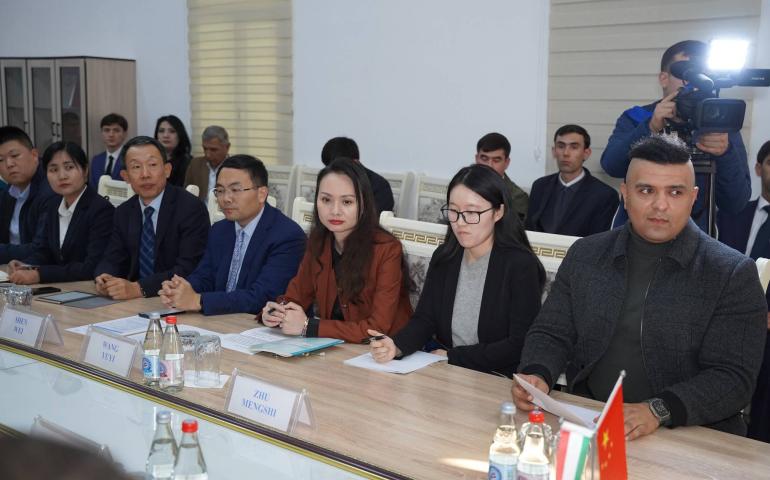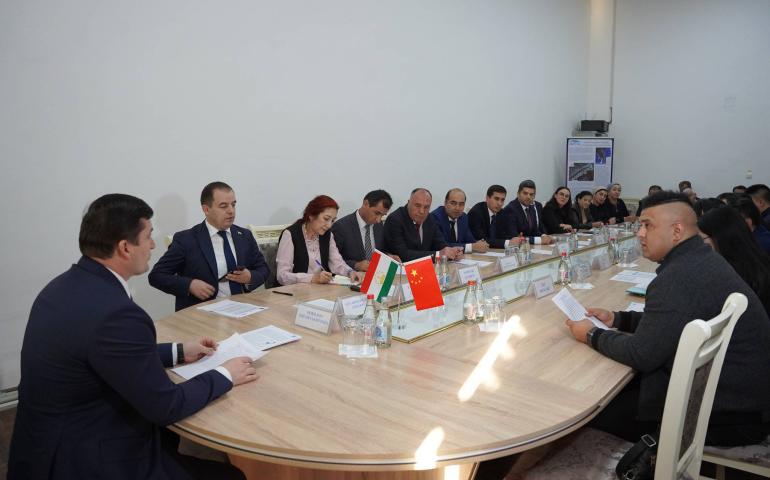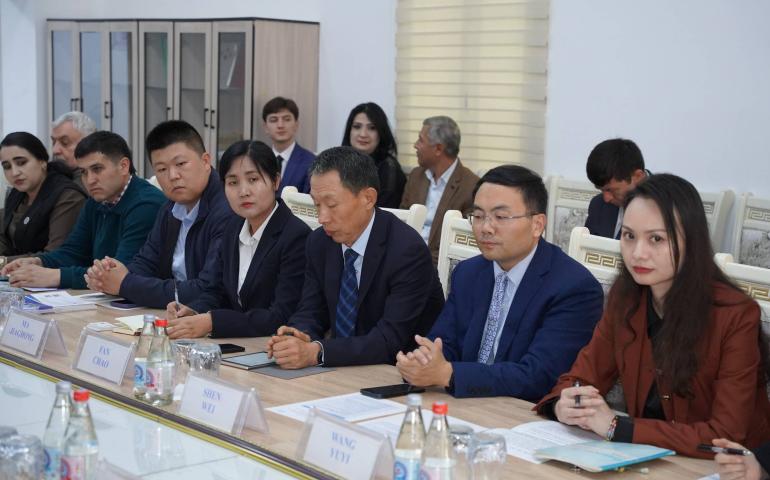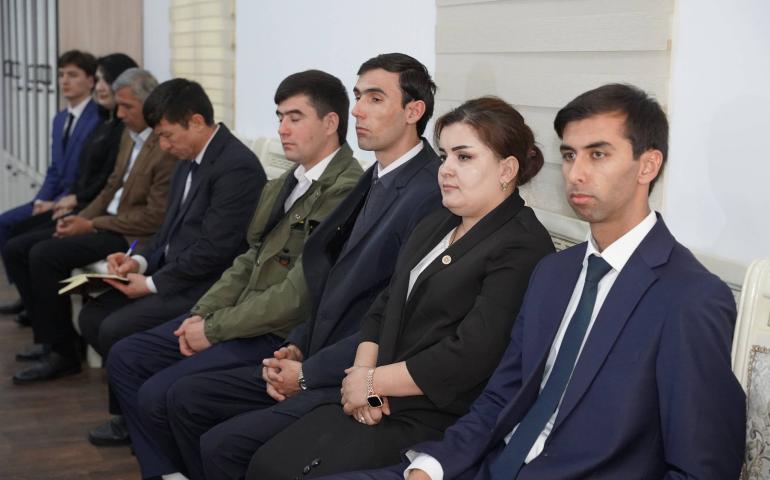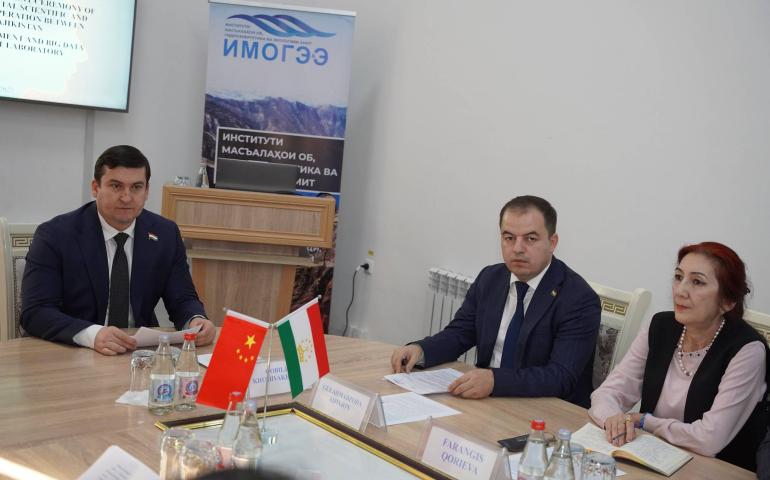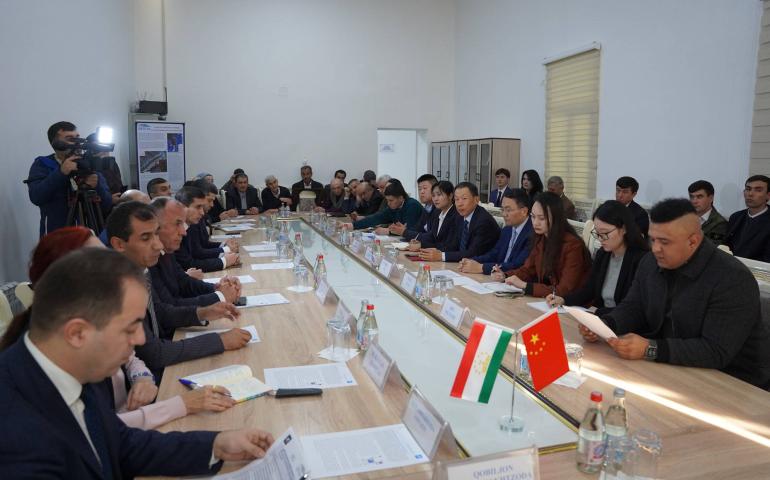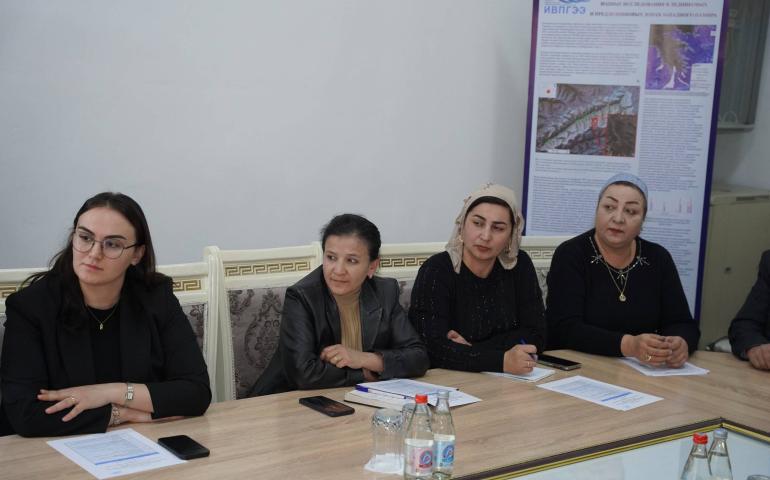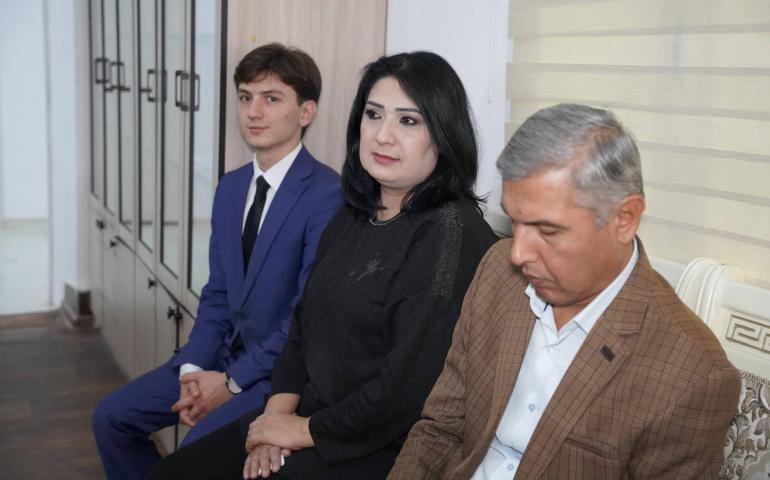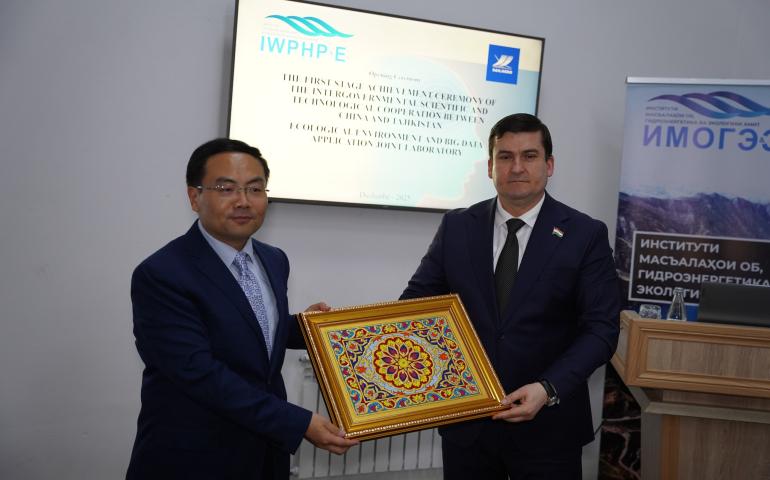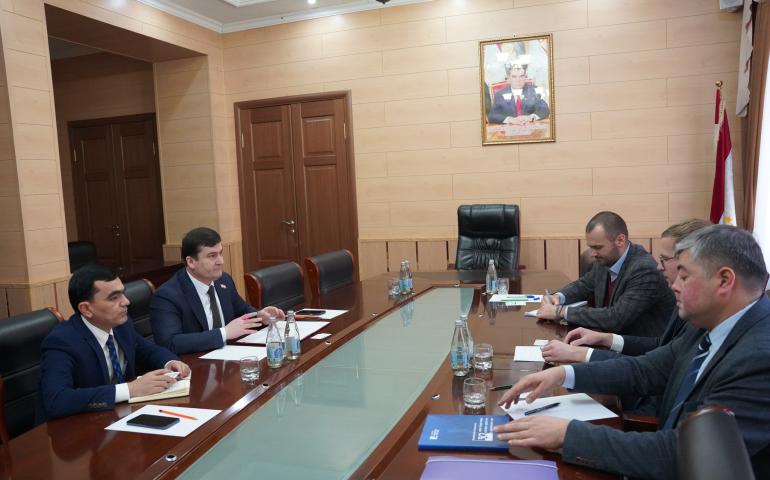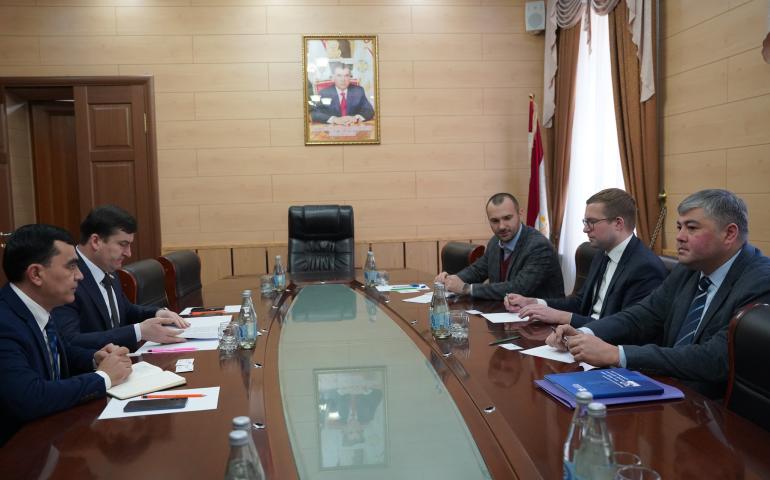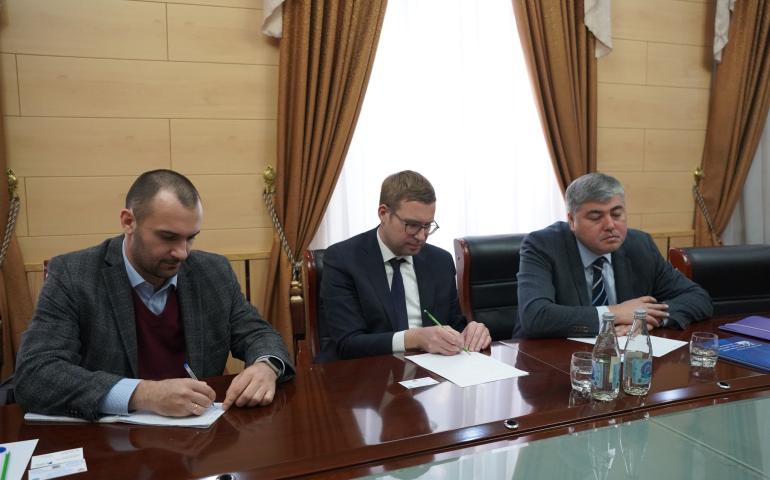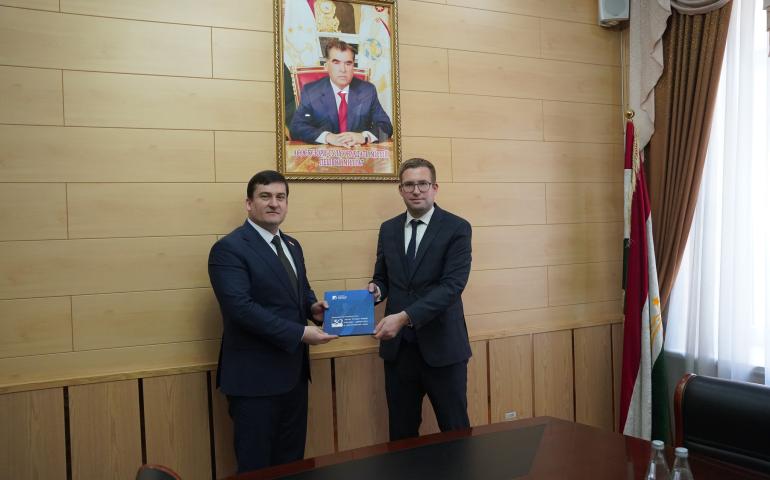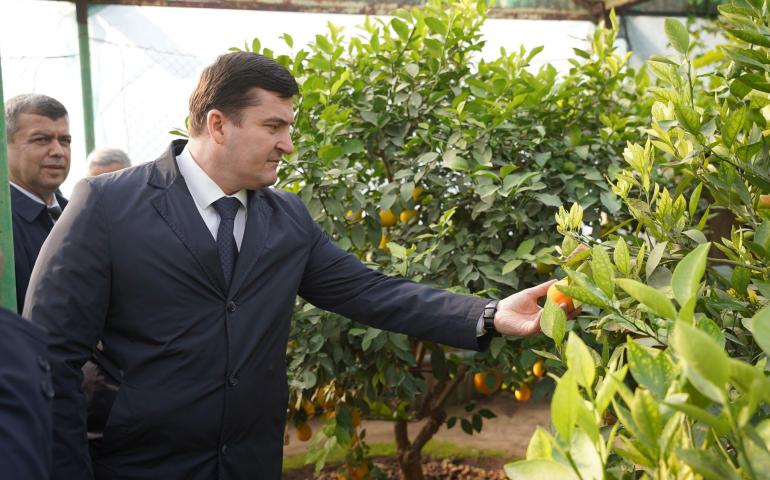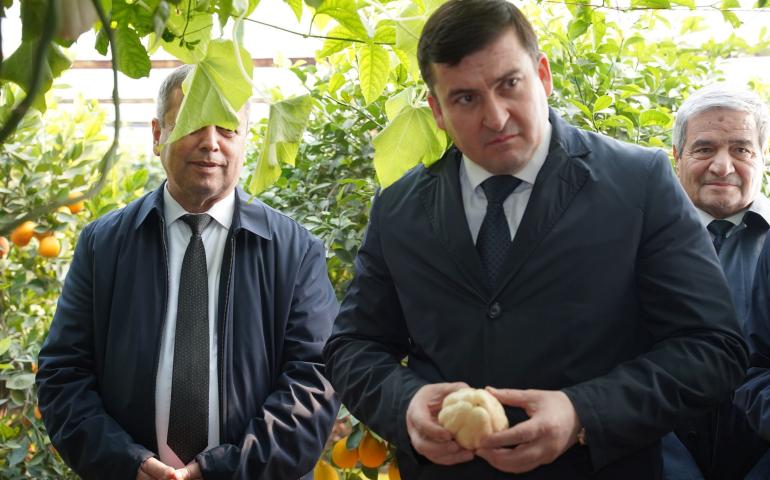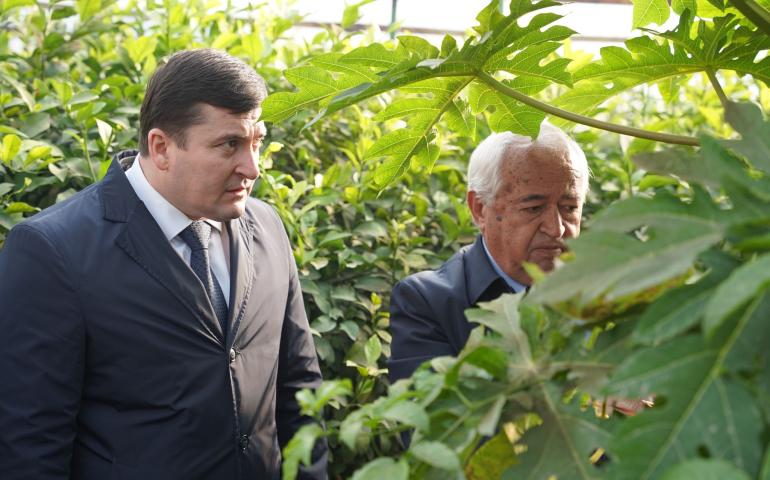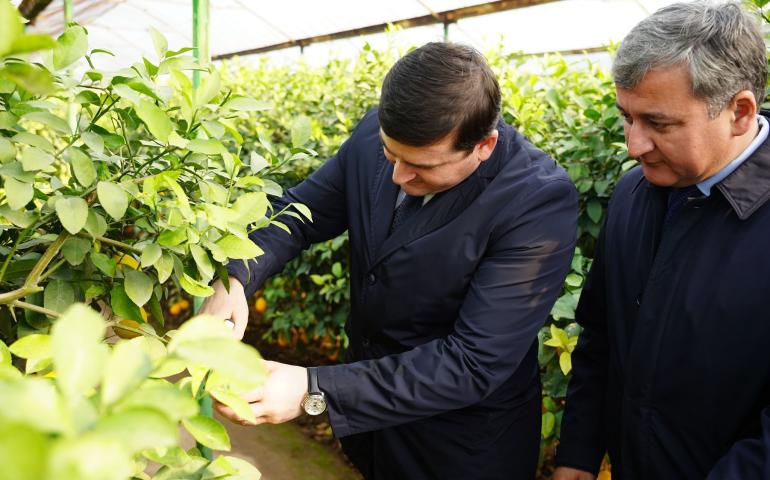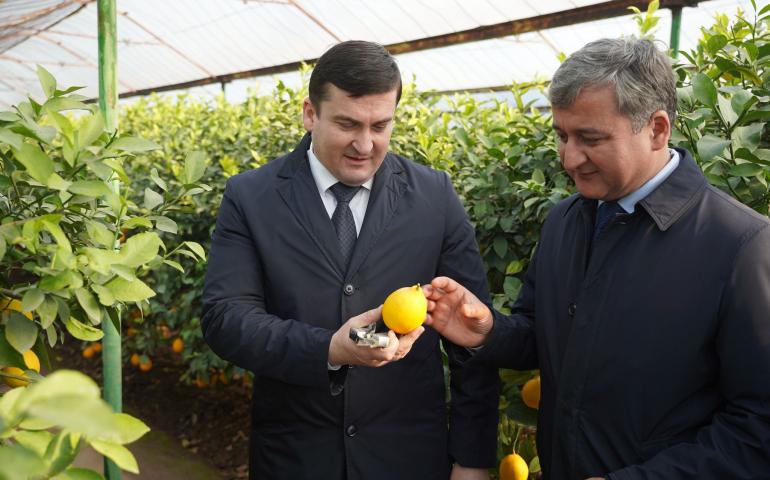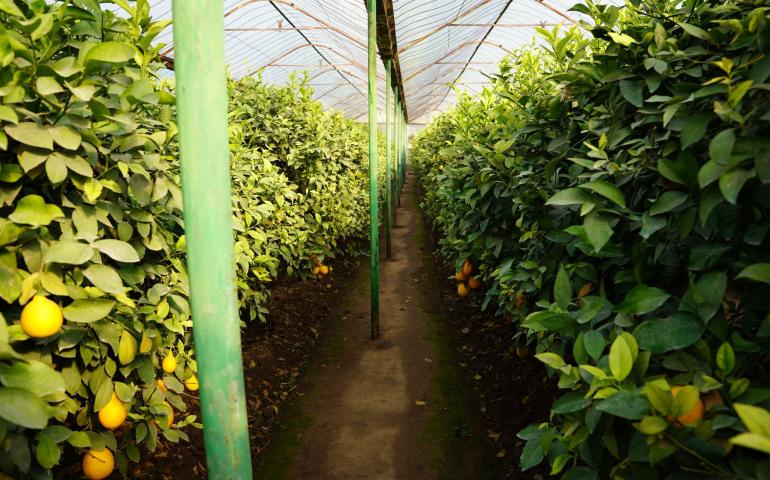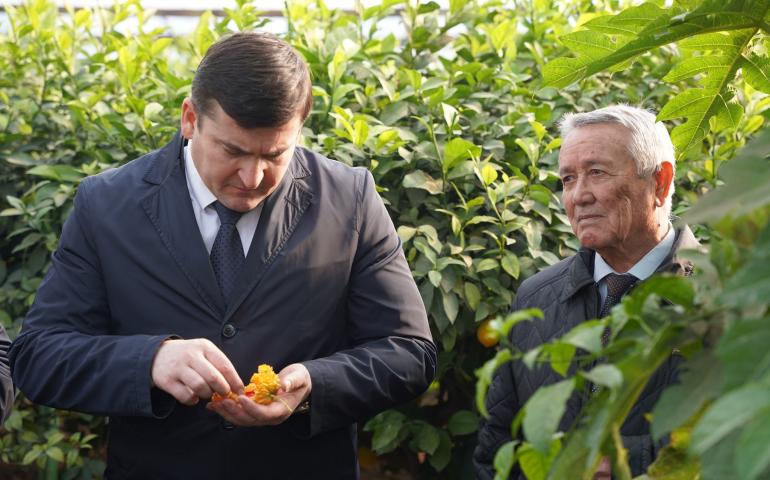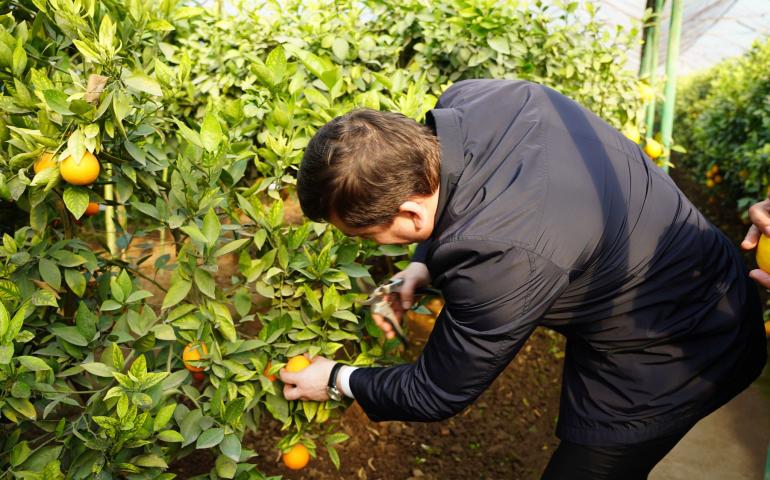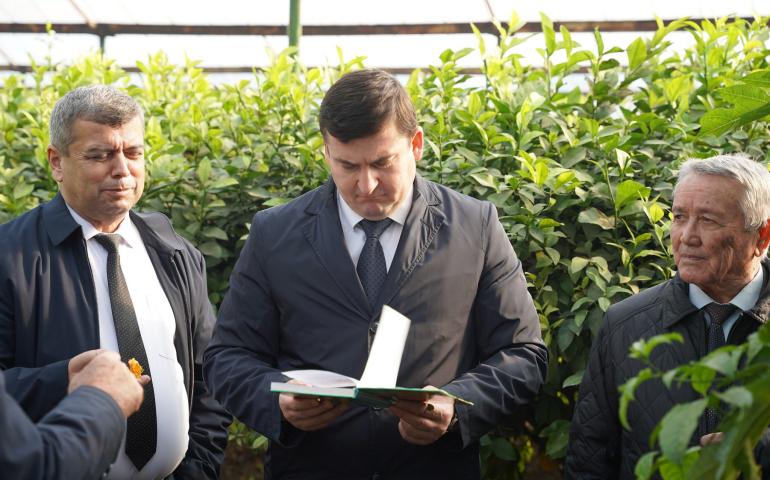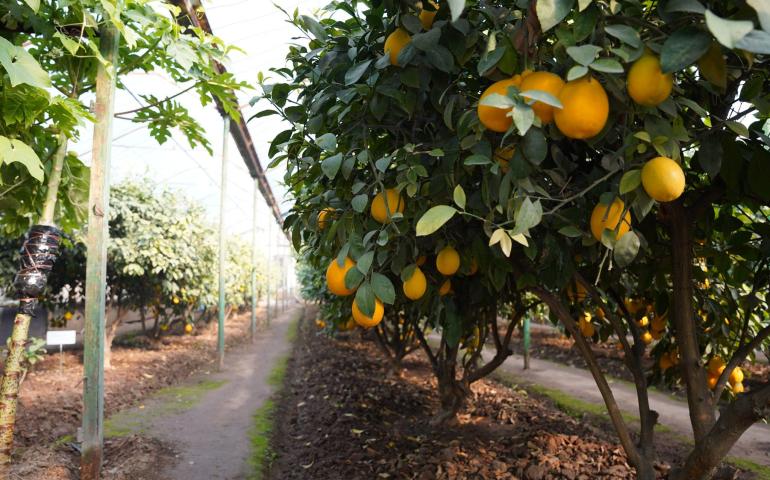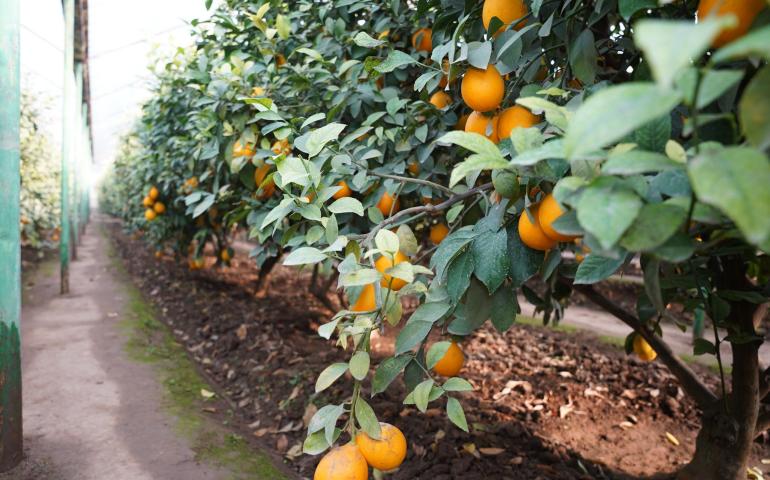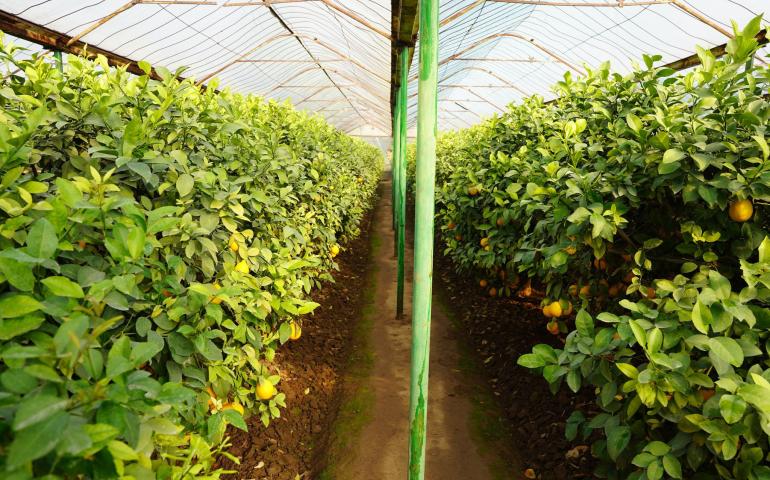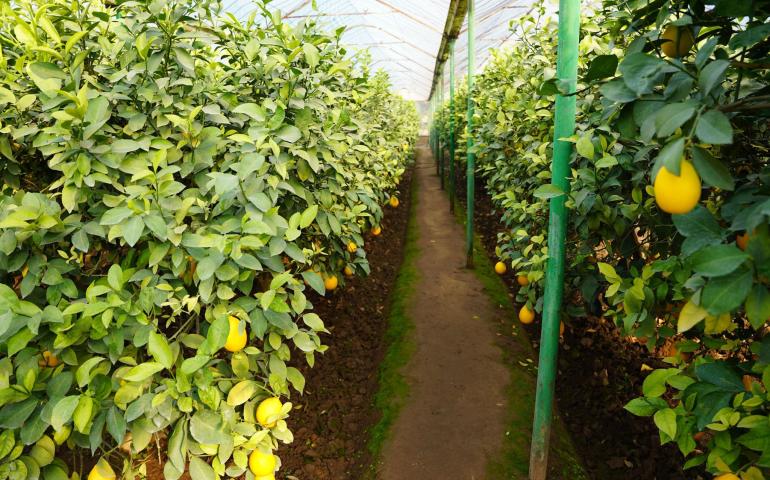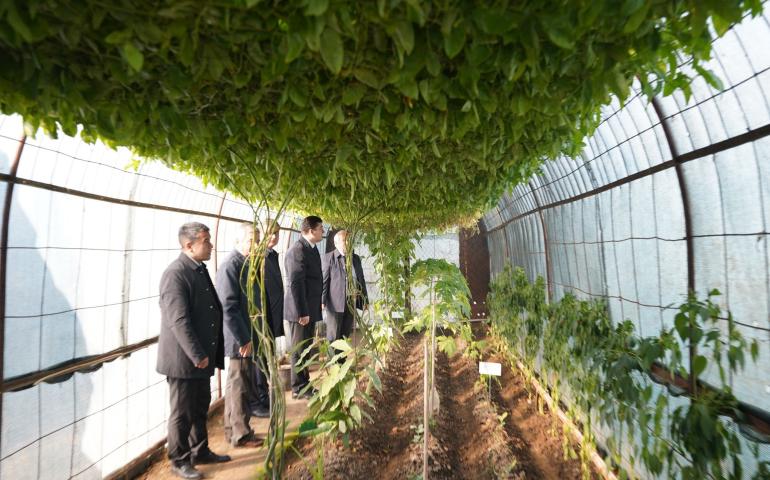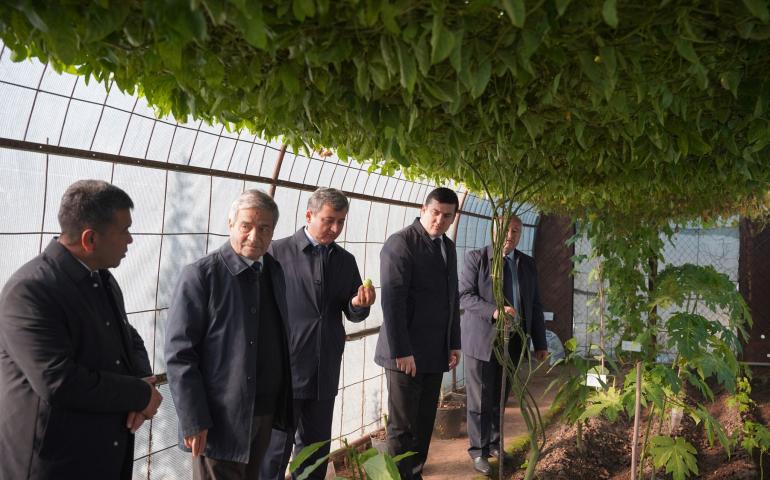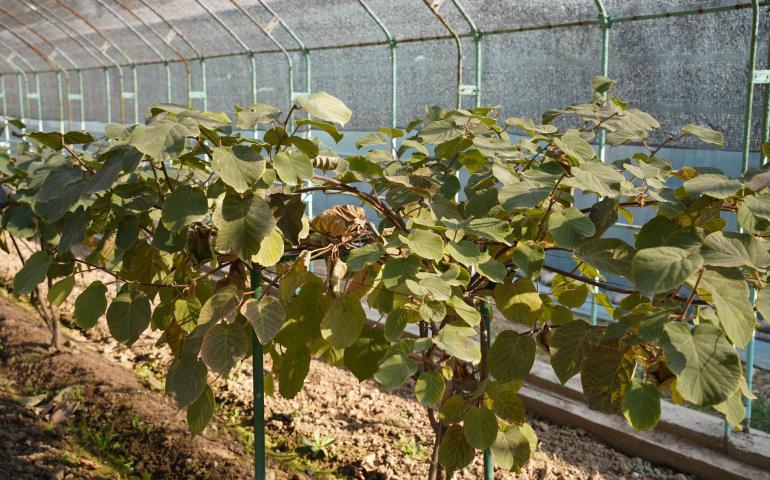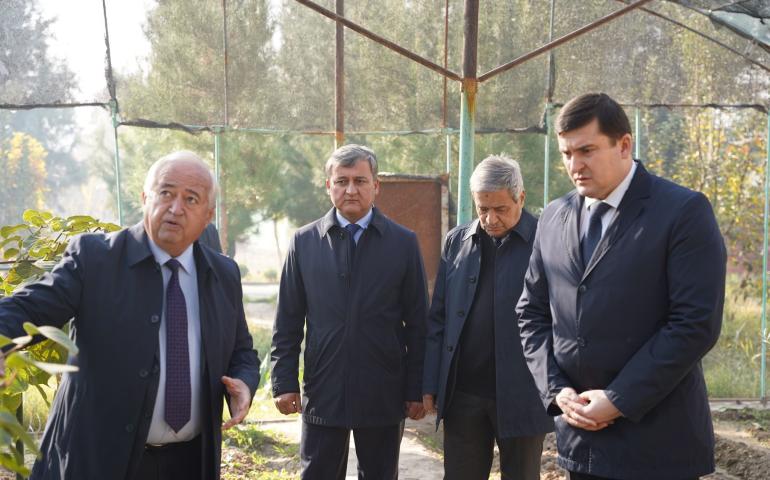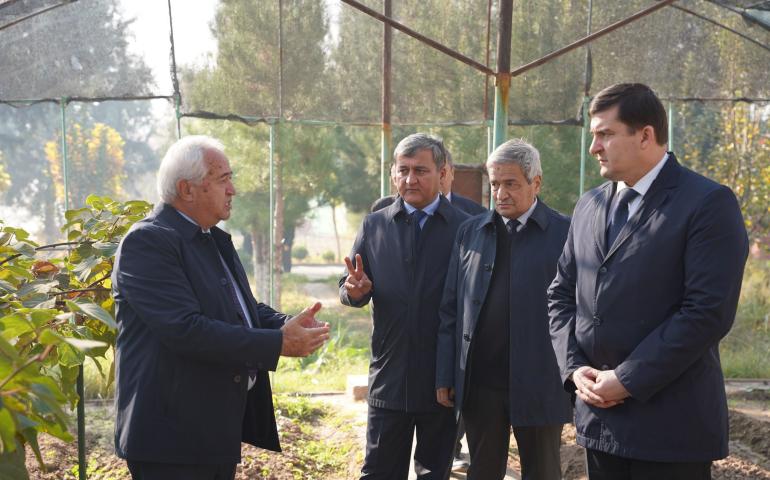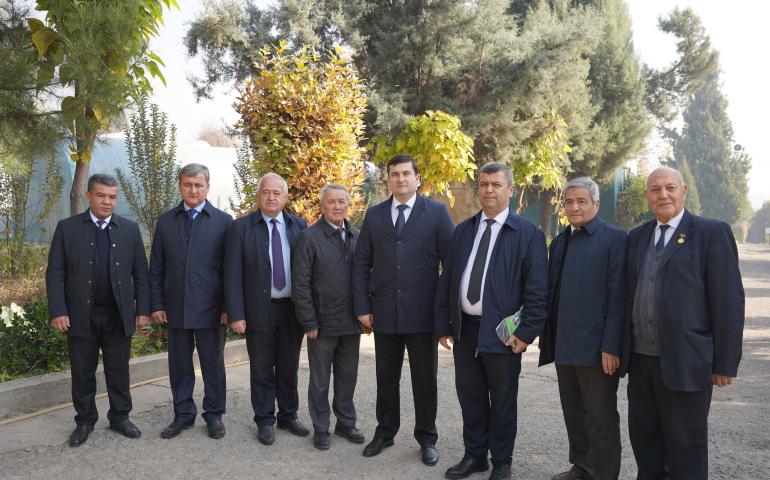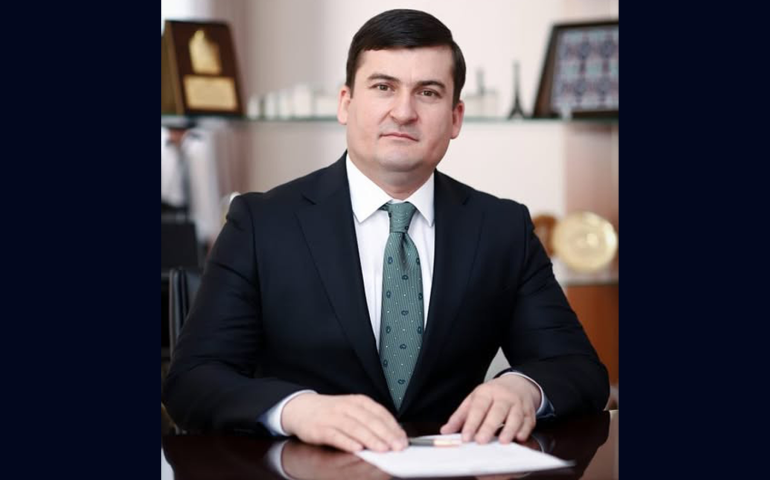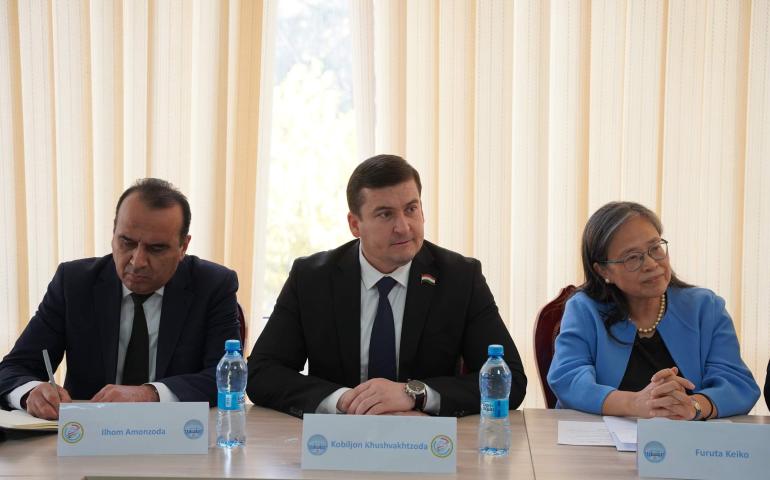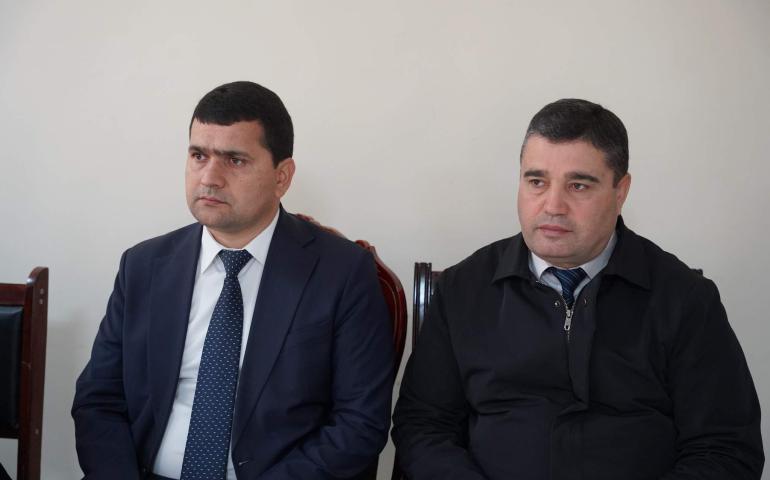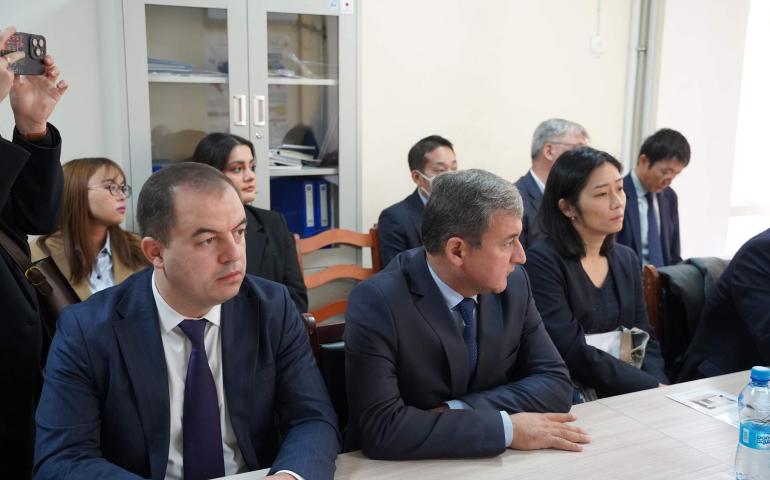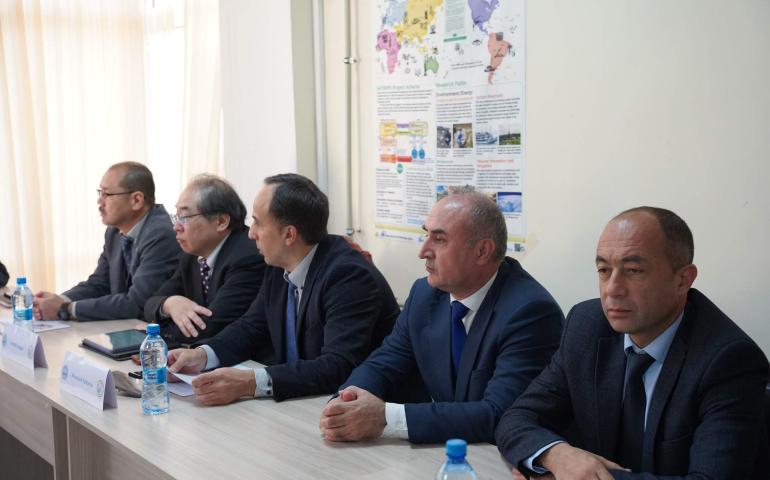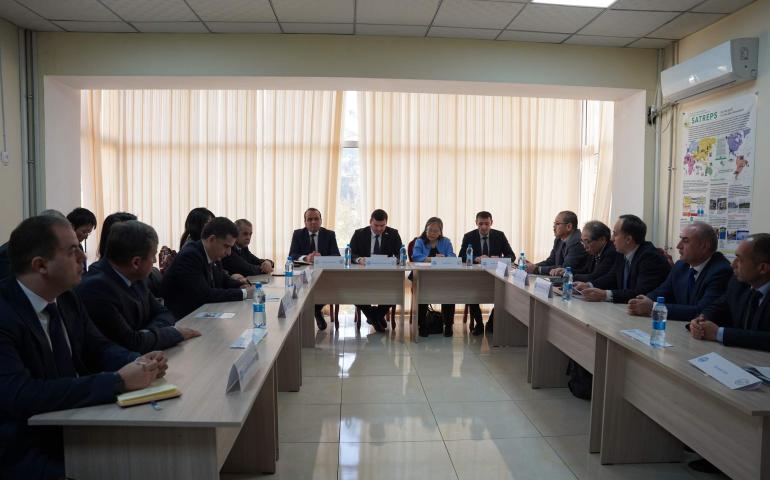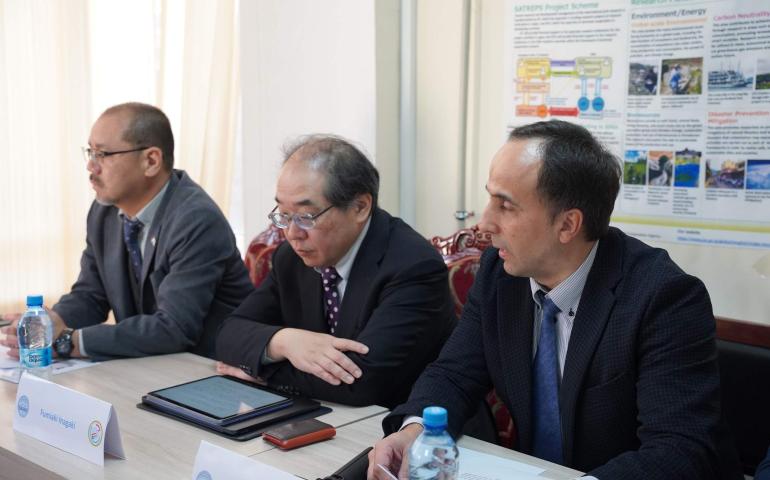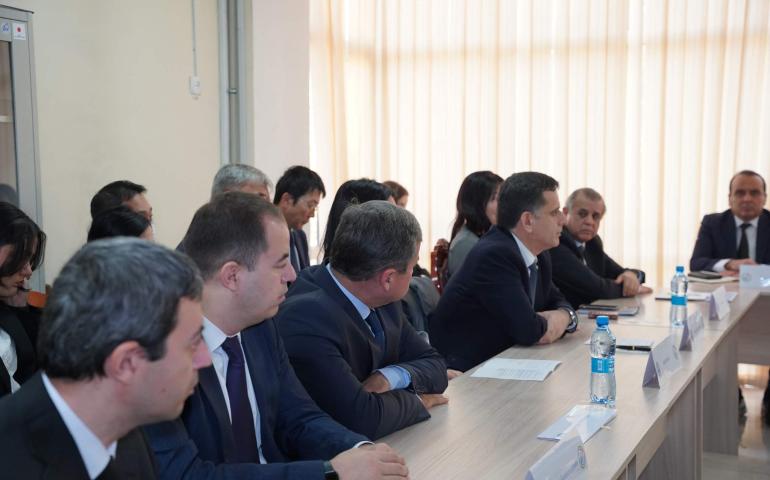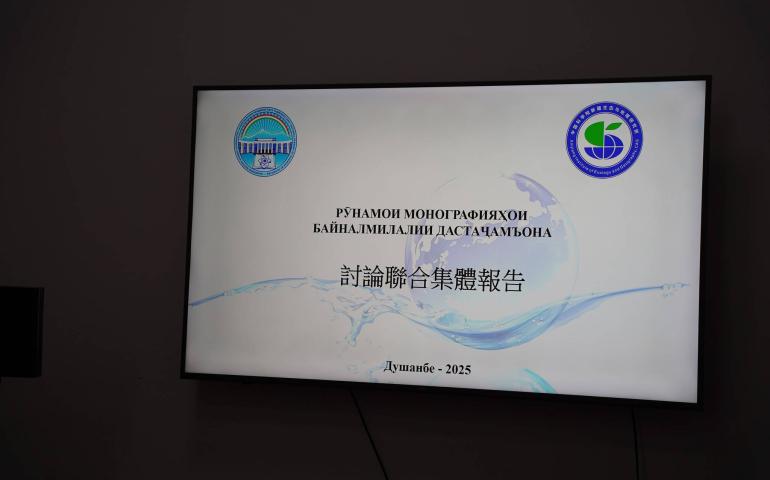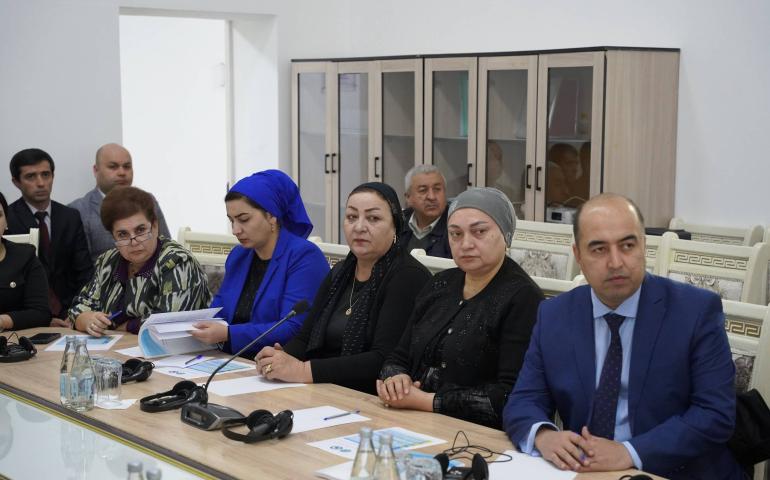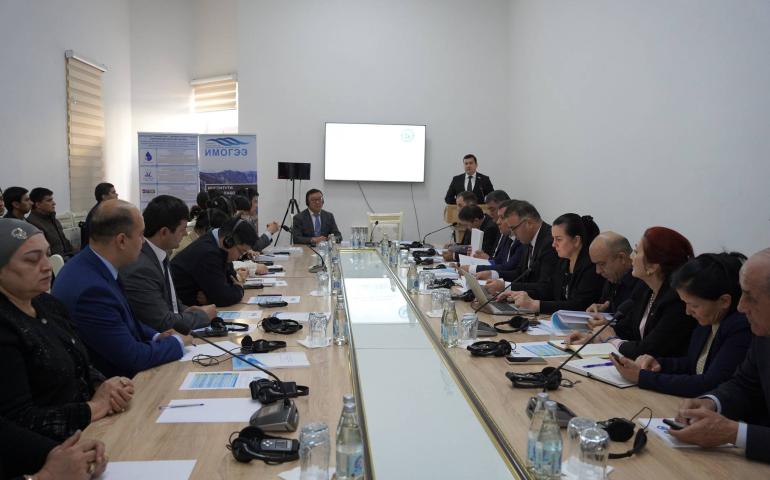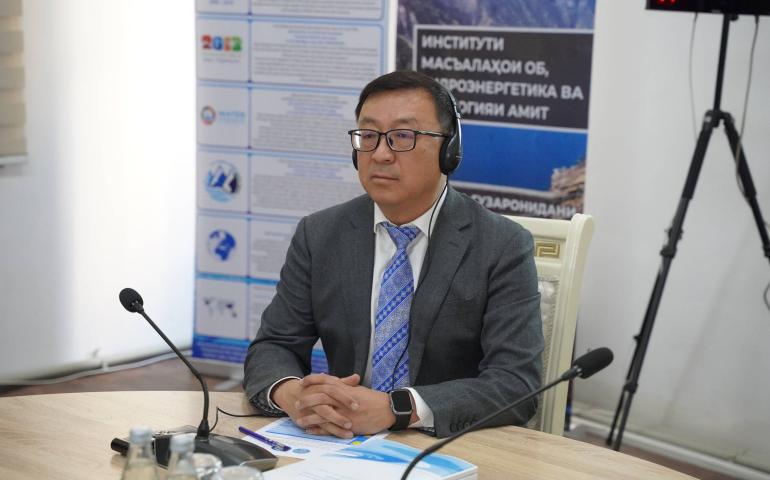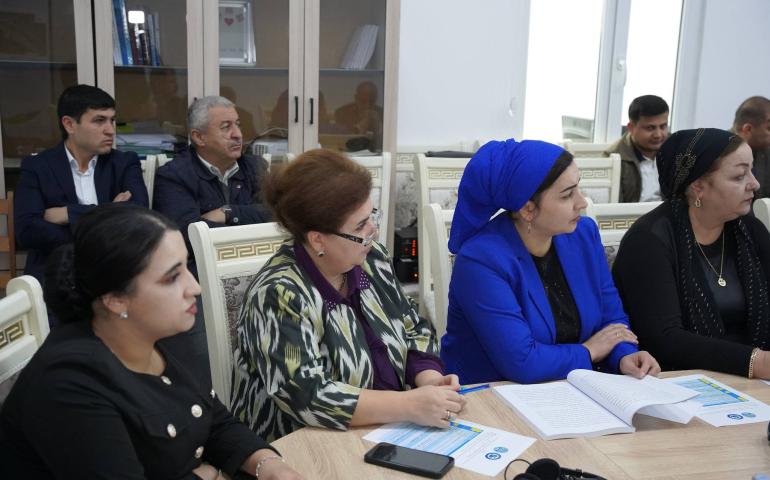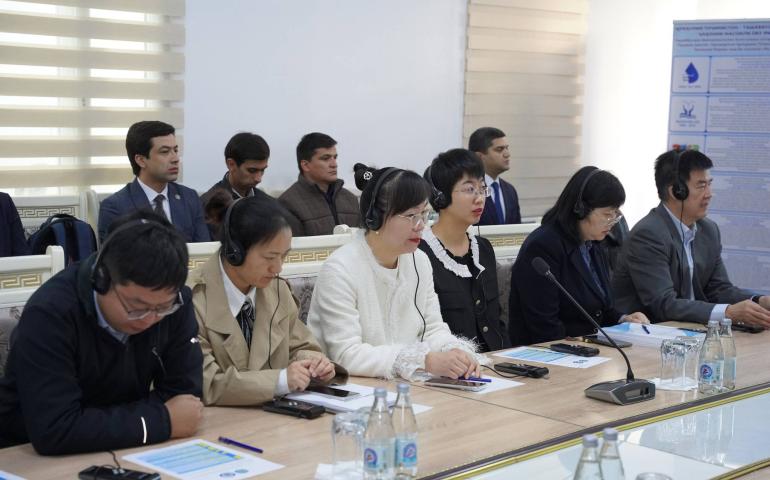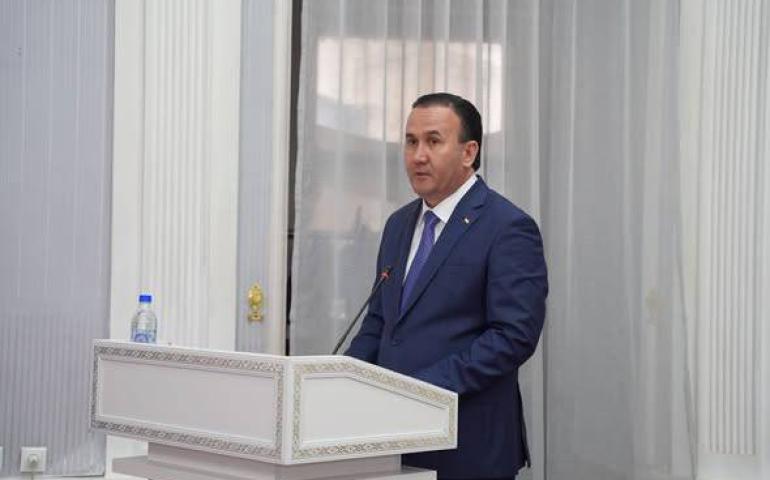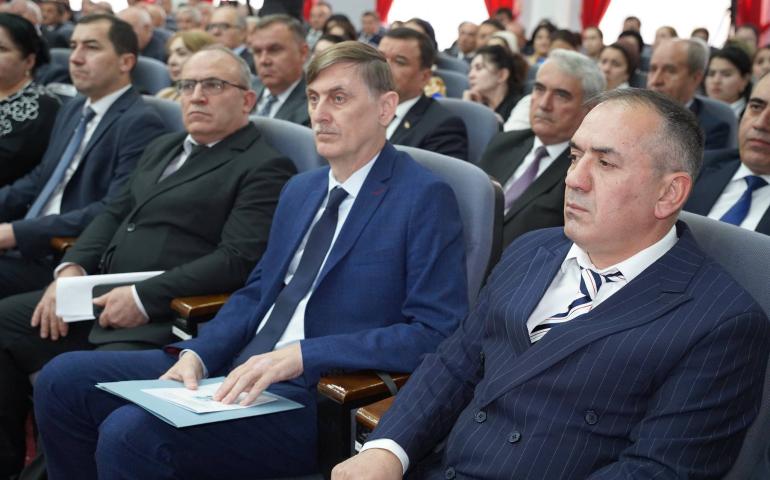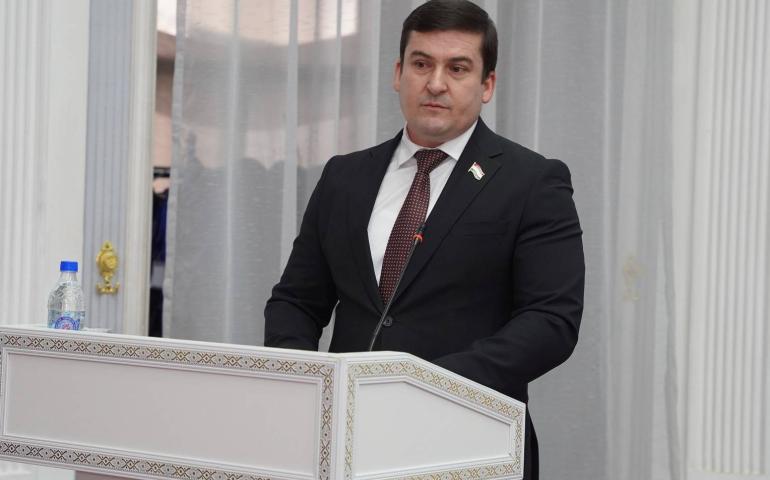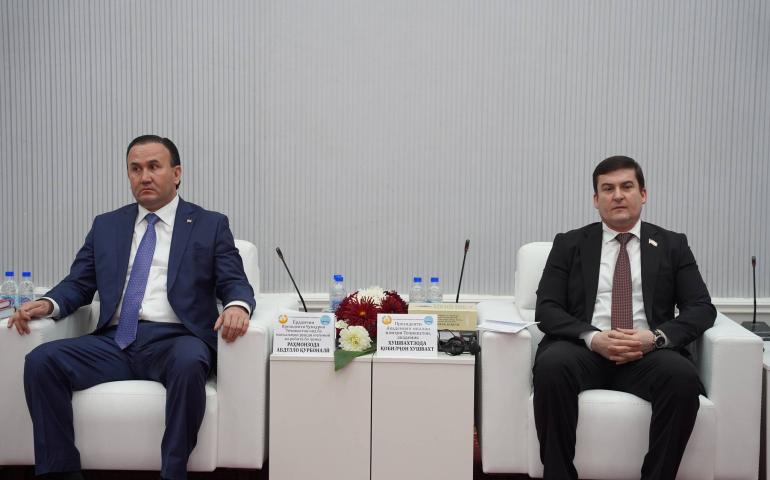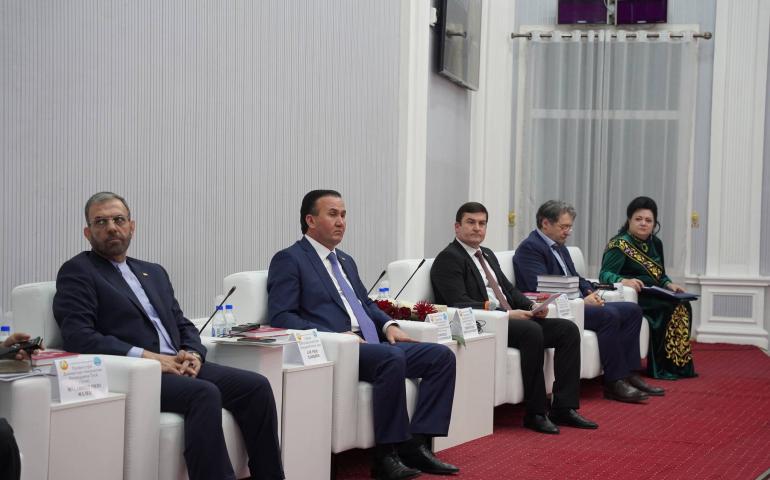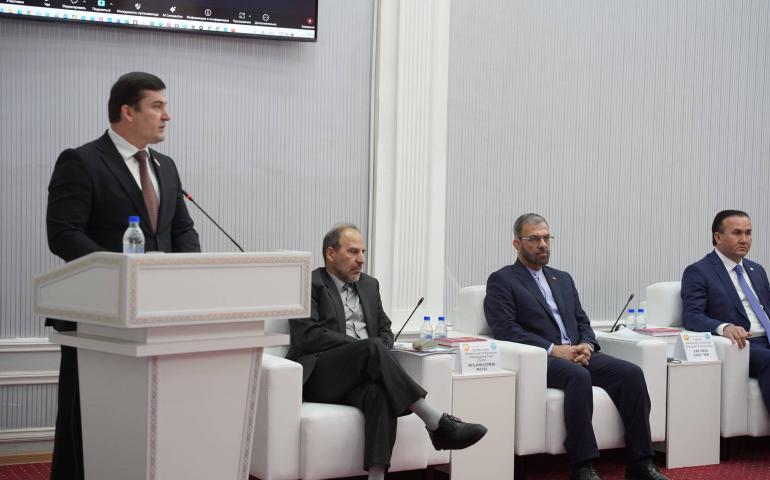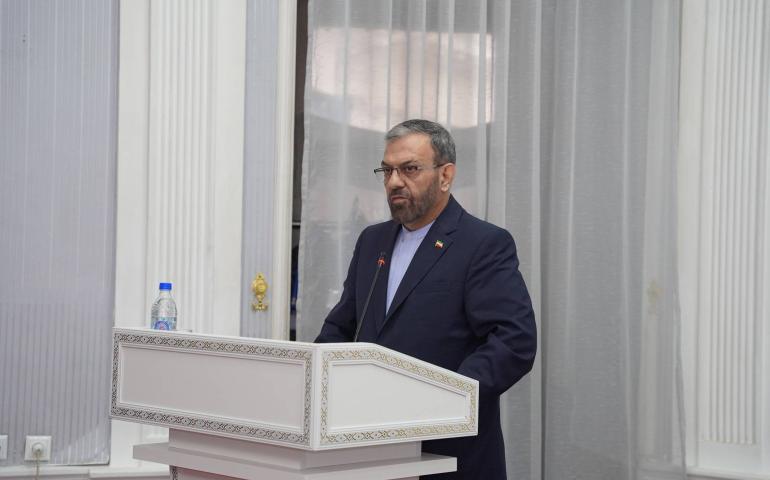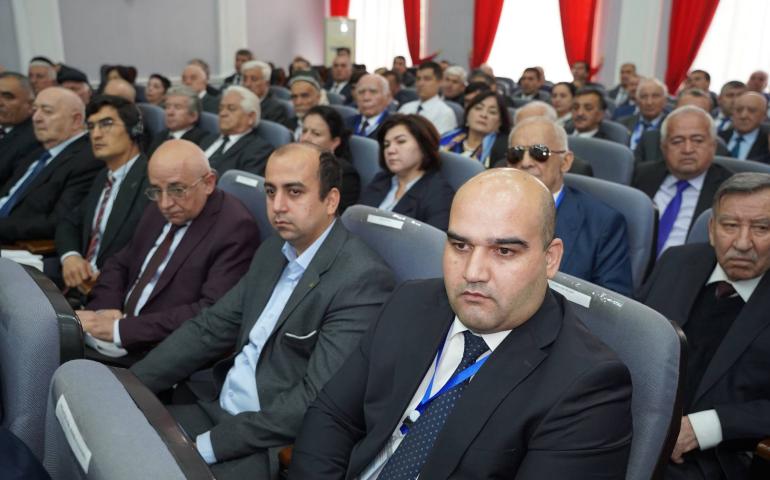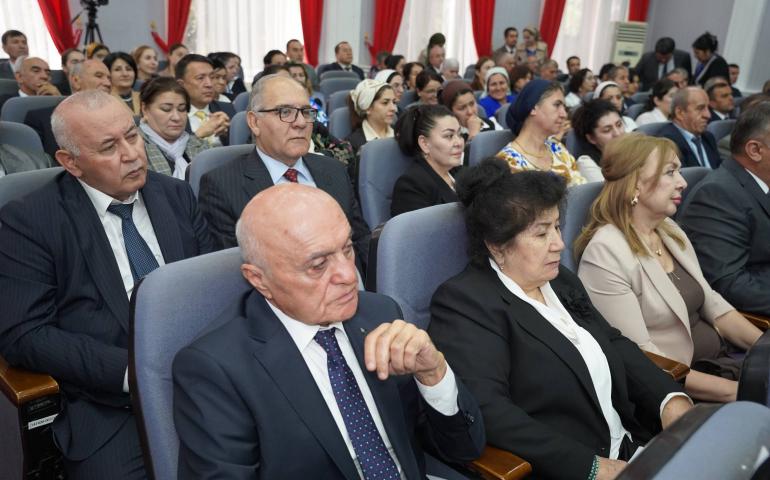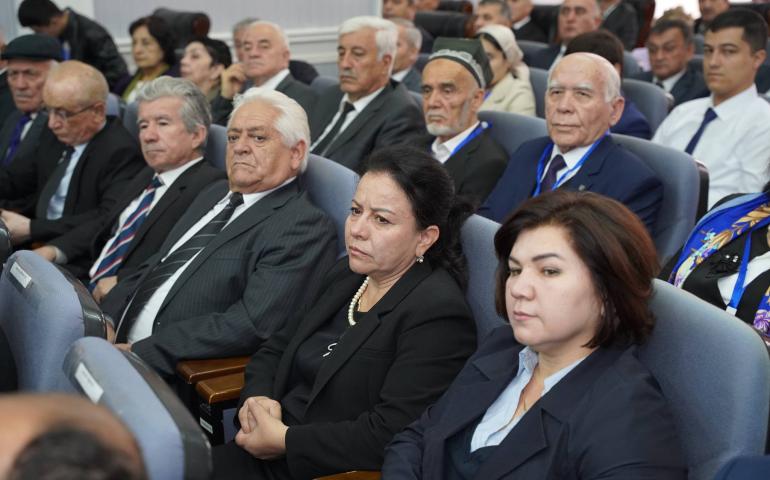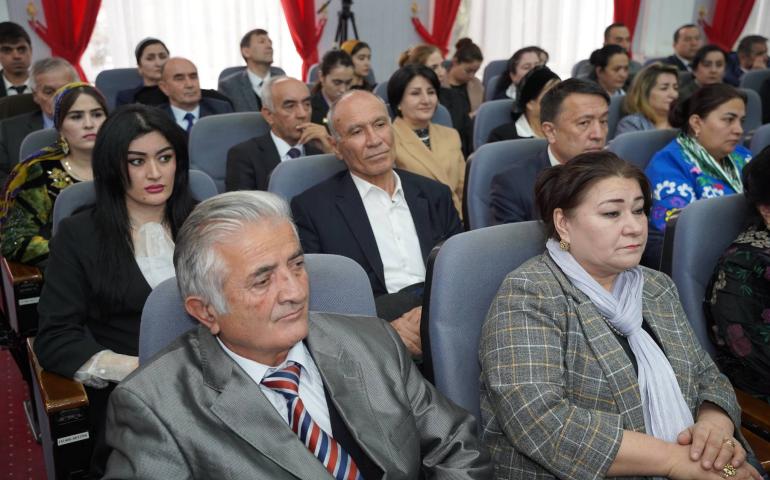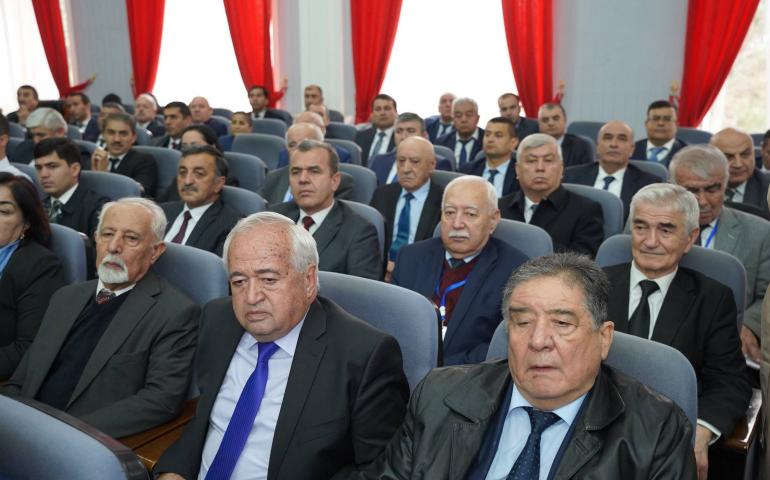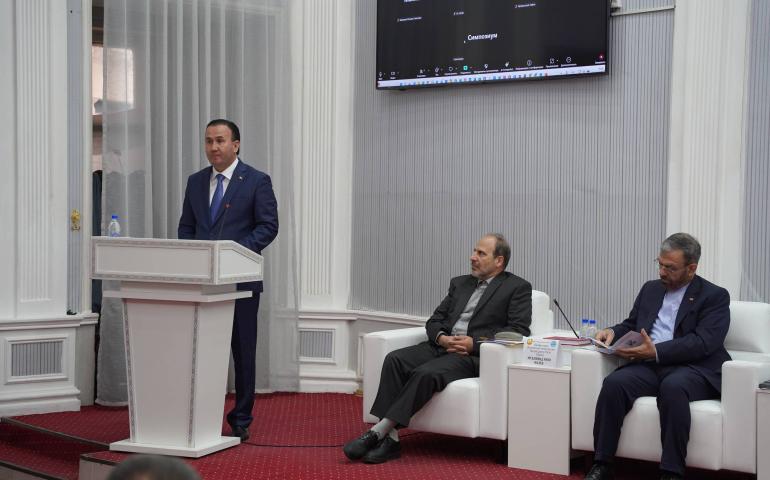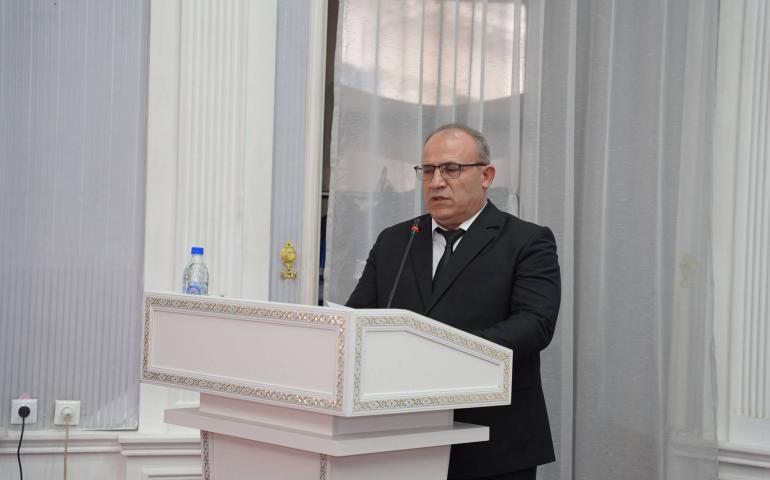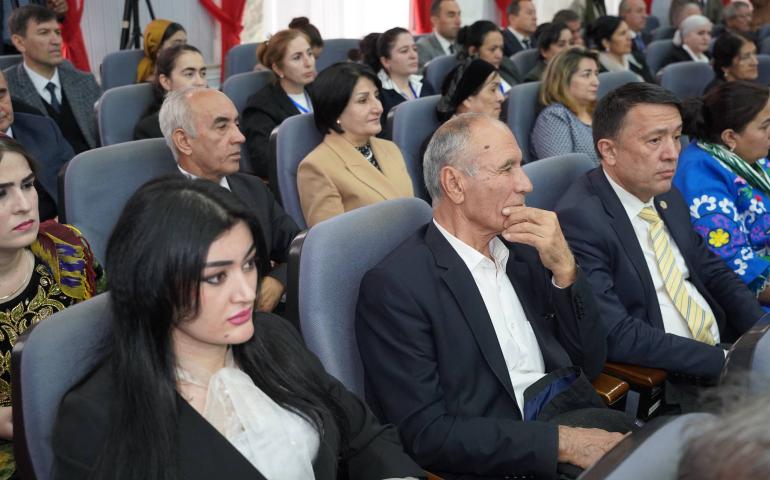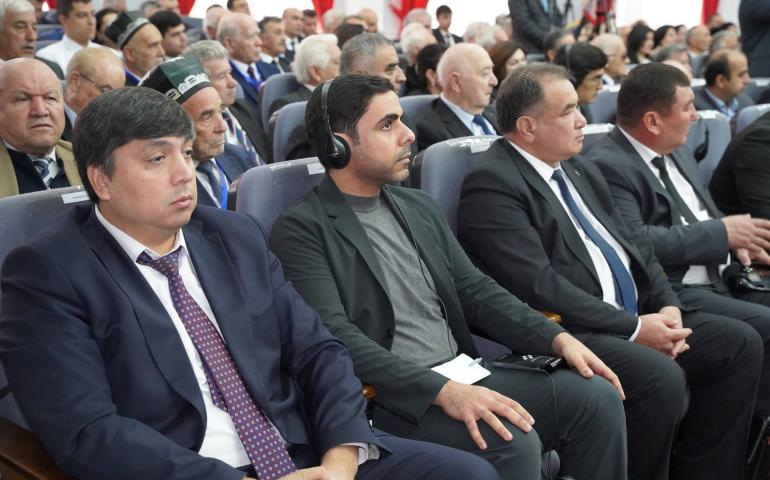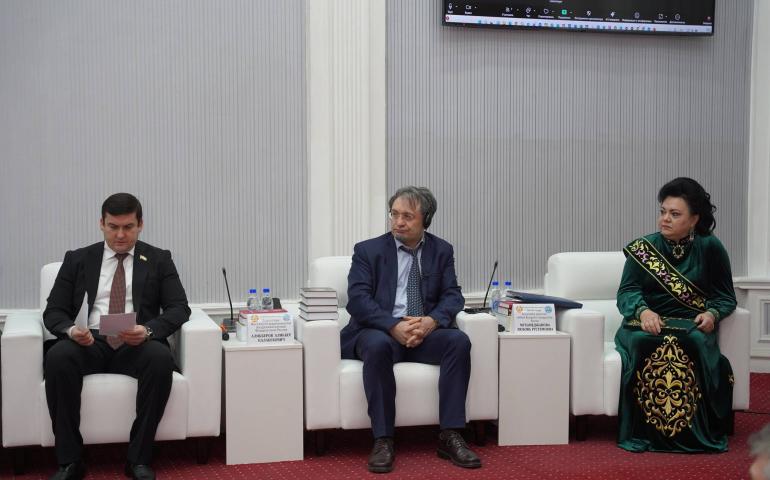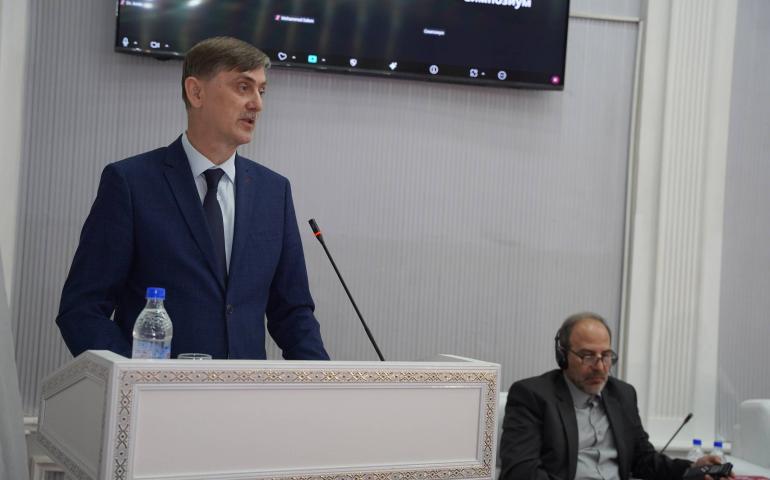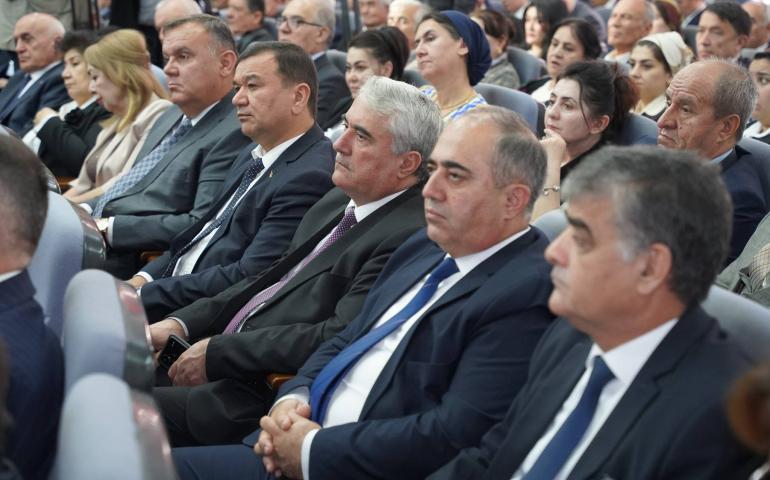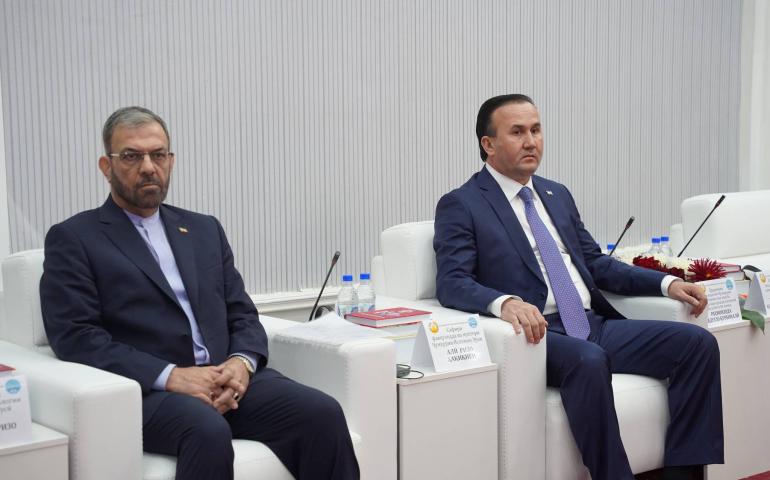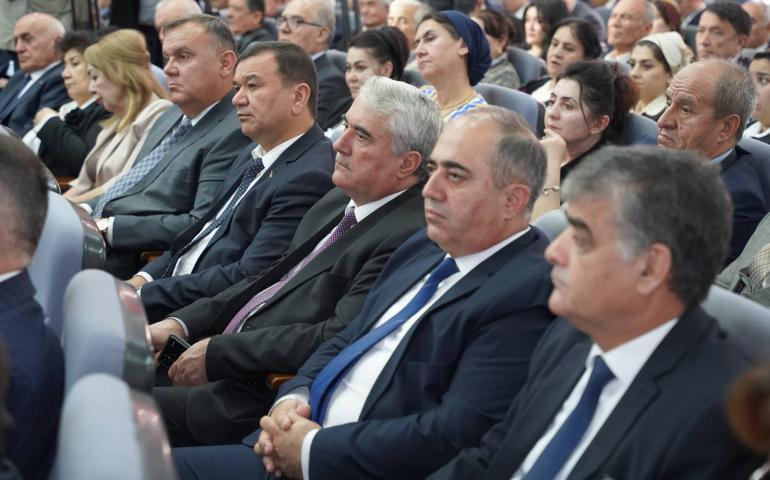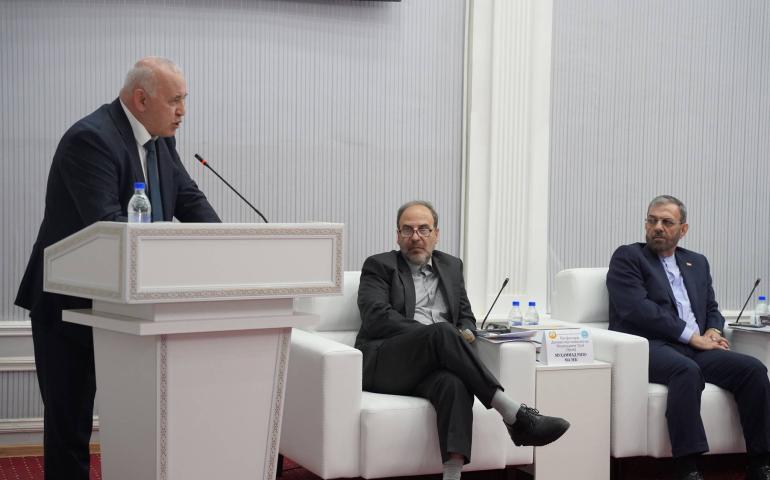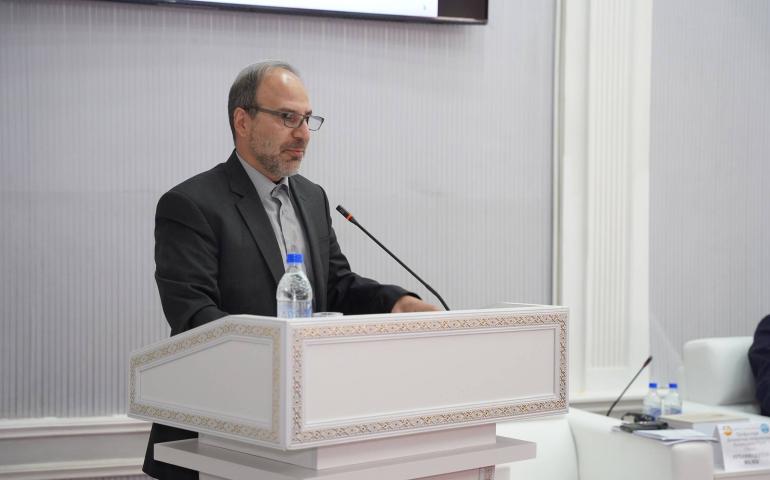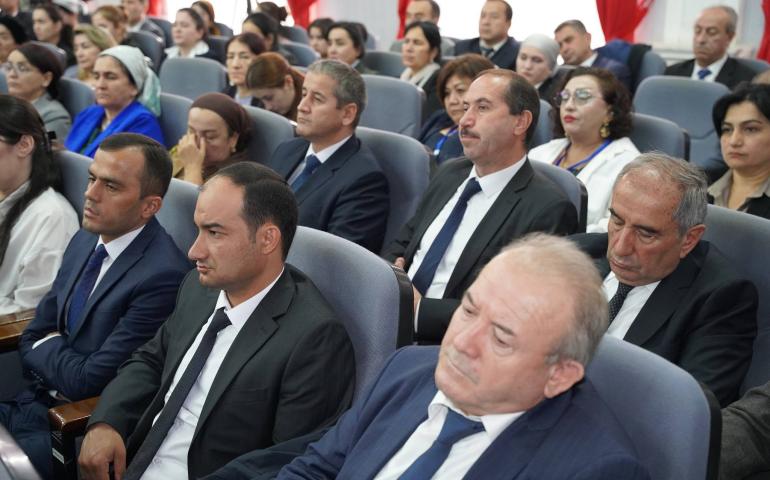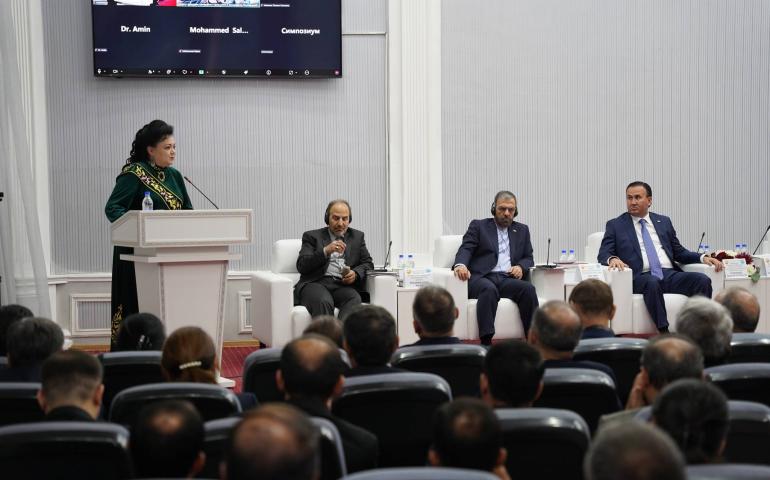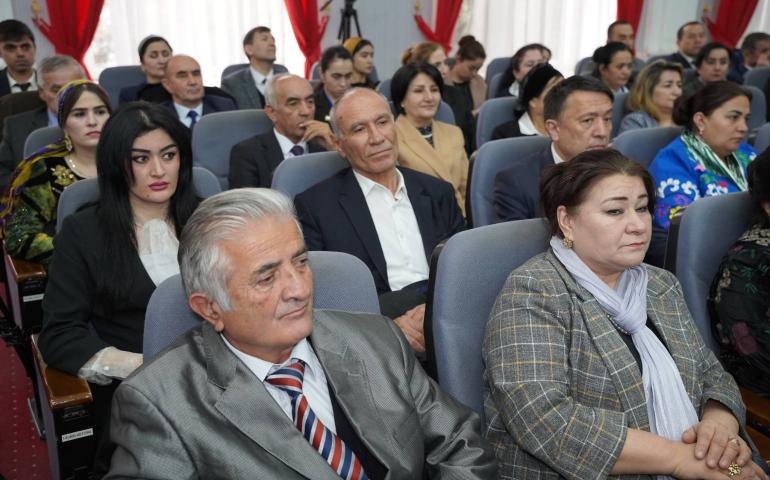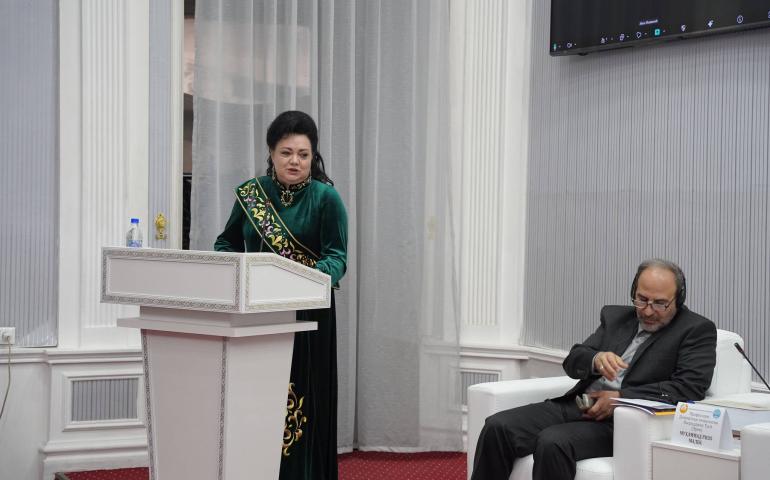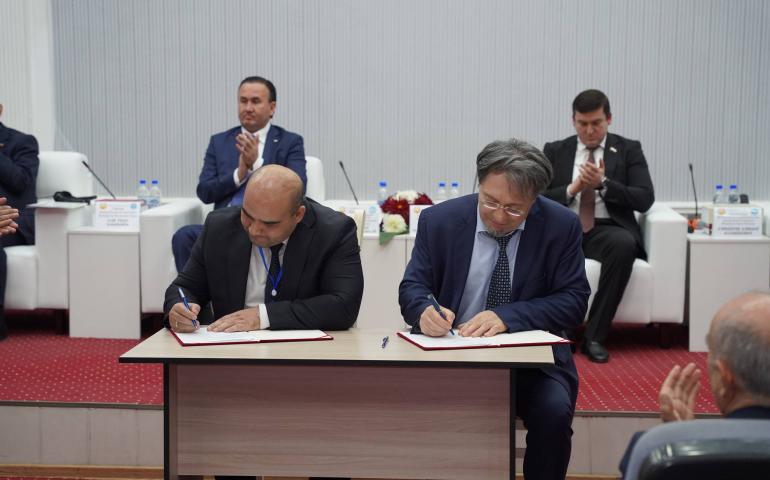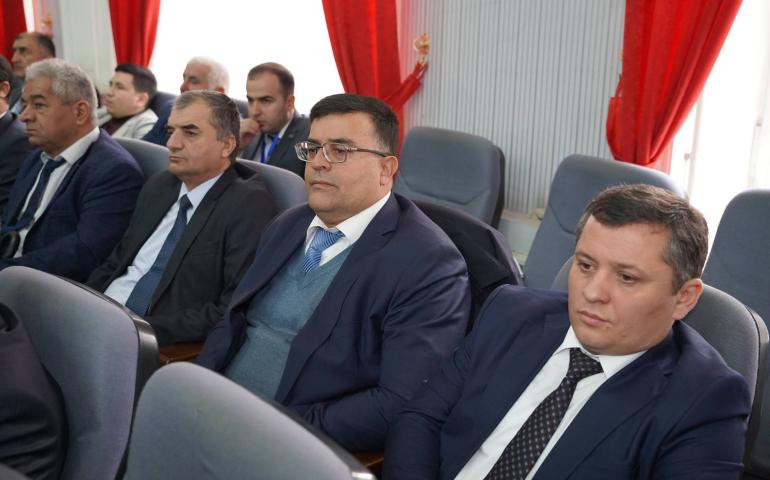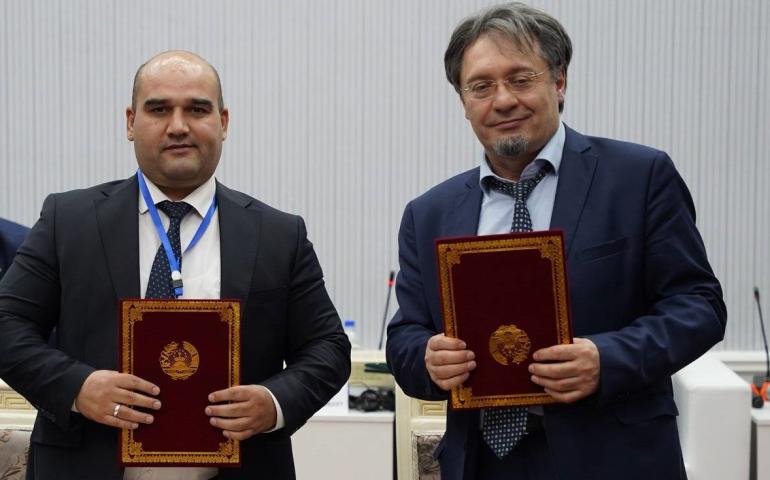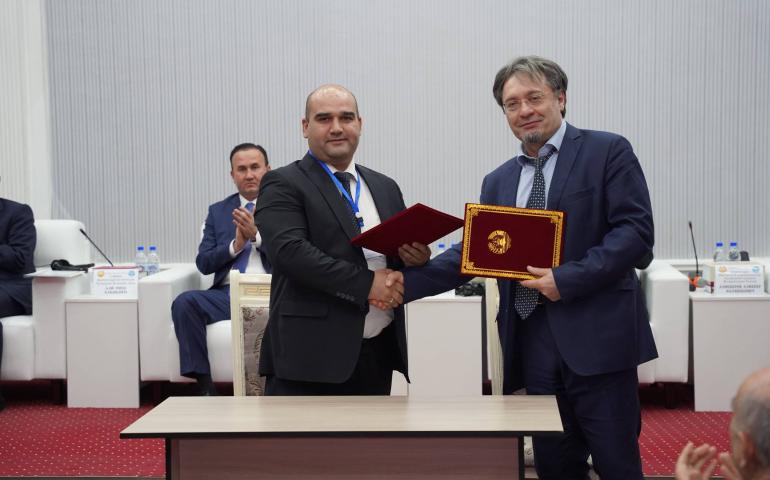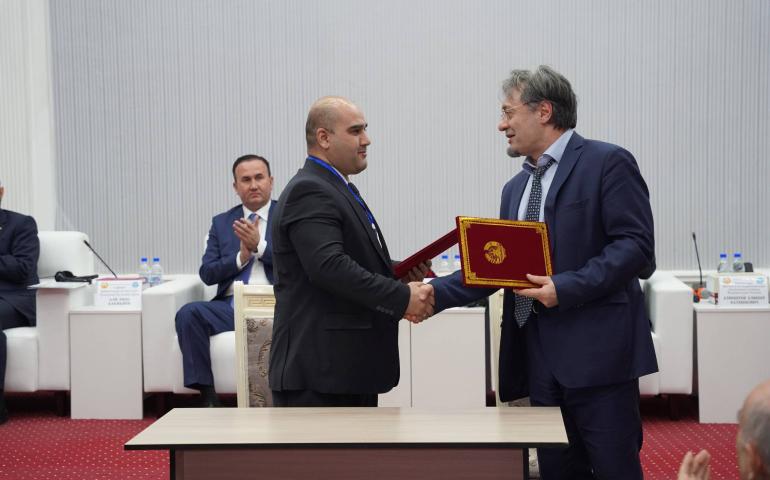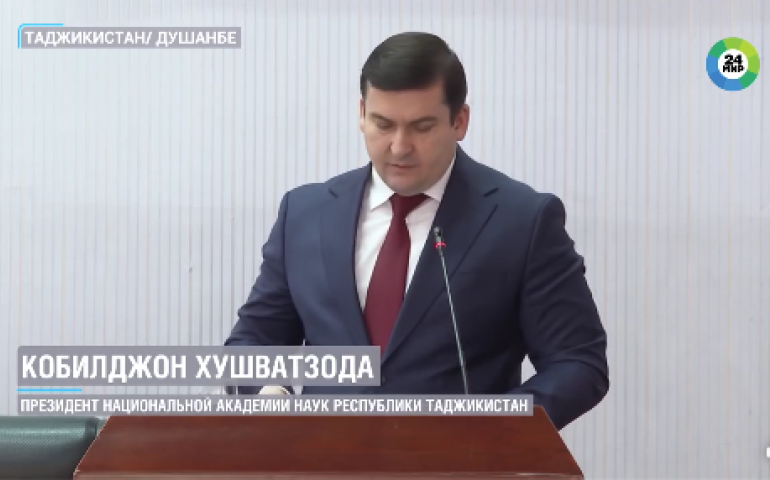(Tajikistan and the United States: A Sustainable Partnership in the Contemporary International Context)
The upcoming visit of the Honorable President of the Republic of Tajikistan, Emomali Rahmon, to Washington at the invitation of the President of the United States of America, Donald Trump, to participate in the “Central Asia – United States” (C5+1) Leaders’ Summit in November 2025 marks a new stage in the steady evolution of the political dialogue between Tajikistan and the United States. According to official information from the Presidential Administration of Tajikistan, this visit is both strategic and practical in nature. It aims to advance bilateral and regional cooperation in four priority domains, including security, energy, climate, and sustainable development. The invitation itself signifies international recognition of Tajikistan as a reliable and constructive partner in Central Asia and a contributor to regional stability.
The “Central Asia–United States” (C5+1) format, established in 2015, serves as a multilateral diplomatic platform designed to strengthen regional cooperation, sustainable development, and collective security. Since its creation, the C5+1 mechanism has become an essential element of Washington’s policy toward Central Asia. It reflects the principles of multilateralism and global governance, emphasizing respect for sovereignty, mutual interest, and shared responsibility. The format functions as a bridge between the countries of the region and the United States, facilitating dialogue on transnational challenges and promoting joint initiatives that address security, economic, and environmental priorities.
For Tajikistan, participation in this format carries particular significance. The country utilizes the C5+1 platform to advance its core interests in the management of water and energy resources, transboundary cooperation, and the achievement of sustainable development goals. During previous summits held in New York (2023) and Astana (2024) the Honorable President Emomali Rahmon underscored the importance of a comprehensive approach to addressing regional challenges, including those related to climate change, post-conflict stabilization in Afghanistan, and the transition to renewable energy. His interventions have consistently emphasized cooperation as the cornerstone of regional resilience and prosperity.
The 2025 Washington Summit represents more than a diplomatic engagement; it reflects Tajikistan’s broader strategic vision shaped by the concepts of soft power and multilateralism. Within contemporary international relations theory, soft power denotes a state’s ability to attract and co-opt rather than coerce, relying on persuasion, reputation, and shared values. Tajikistan’s foreign policy under Honorable President Emomali Rahmon demonstrates a practical application of this concept, combining constructive dialogue, moral authority, and the pursuit of shared developmental goals.
Tajikistan’s “balanced diplomacy” approach has positioned the country as a proactive regional actor pursuing pragmatic engagement with all major partners while maintaining strategic autonomy. This model contributes to the stability of Central Asia and to the global discourse on sustainable security. Dushanbe’s diplomatic style prioritizes partnership, predictability, and a long-term developmental vision rooted in both regional solidarity and global responsibility.
The projection of Tajikistan’s soft power is most evident in its global water diplomacy initiatives. Through advocacy for equitable and sustainable water resource management, Tajikistan has established itself as a moral and intellectual leader on environmental and developmental issues. The Honorable Emomali Rahmon’s international initiatives, including the United Nations–proclaimed Decade of Action “Water for Sustainable Development” (2018-2028), exemplify the country’s contribution to global governance. These initiatives have reinforced Dushanbe’s reputation as a champion of multilateral cooperation and a consistent supporter of the UN Sustainable Development Goals (SDGs).
Strategic Dimensions of the 2025 Washington Summit
Security and Afghanistan. Tajikistan occupies a central position in the regional security architecture of Central Asia. Its 1400-kilometer border with Afghanistan gives it a pivotal role in the collective efforts to counter terrorism, extremism, and illicit trafficking. Dushanbe cooperates closely with the United States and international institutions in promoting regional stability and supporting humanitarian and development programs in Afghanistan. Within the C5+1 framework, Tajikistan advocates for the principle of global security governance collective responsibility and coordinated action against shared threats. The upcoming summit will likely reinforce the importance of cooperation between Central Asian states and the United States in ensuring border resilience and addressing the humanitarian consequences of instability.
Energy and the Green Transition. Tajikistan possesses over 60 percent of Central Asia’s water resources and maintains one of the cleanest energy systems in the region, deriving the vast majority of its electricity from hydropower. The country’s green transition strategy aligns with global efforts to achieve carbon neutrality and sustainable energy production. The Washington Summit is expected to focus on strengthening partnerships in renewable energy, particularly in hydropower development, grid modernization, and energy connectivity. These initiatives resonate with the broader global discourse on sustainable infrastructure and energy resilience. For Dushanbe, cooperation with the United States offers not only technological and financial support but also an opportunity to integrate Tajikistan’s green agenda into global climate action frameworks.
Climate Policy and Sustainable Development. Climate change remains one of the defining challenges of the 21st century, and Tajikistan continues to play an active role in international environmental diplomacy. The Government of Tajikistan promotes a vision of “resilience through cooperation,” emphasizing that sustainable adaptation can be achieved only through collective regional mechanisms. During the Washington meeting, Honorable Emomali Rahmon is expected to propose the establishment of a regional platform for climate adaptation in Central Asia, aligning with SDGs 6, 7, and 13. Tajikistan’s participation in the C5+1 process allows it to advocate for fair climate financing, technology transfer, and inclusive regional planning.
Economic Cooperation and Connectivity. In recent years, American businesses have shown increasing interest in Tajikistan’s investment potential, particularly in renewable energy, transport, and infrastructure. Strengthening economic partnerships within the C5+1 framework promotes diversification of Tajikistan’s foreign economic relations and reinforces its position as a transit and energy hub of Central Asia. The Government of Tajikistan views these partnerships as a pathway to sustainable growth, employment creation, and regional integration. The Washington dialogue is expected to highlight projects related to transport corridors, digital connectivity, and green infrastructure, all contributing to a more interconnected and resilient Central Asian economy.
Broader Implications. Tajikistan’s participation in the 2025 C5+1 Summit embodies its commitment to constructive engagement and multilateral diplomacy. The Honorable Emomali Rahmon’s consistent leadership has enhanced the country’s profile as a responsible stakeholder in international relations. His diplomatic philosophy aligns with the evolving architecture of global governance, where cooperation among medium-sized states is increasingly crucial for addressing transnational challenges. Through this framework, Tajikistan not only advances its national interests but also contributes to regional peacebuilding, sustainable energy transitions, and equitable resource management.
The significance of this summit extends beyond bilateral relations. It reflects a broader trend in Central Asian diplomacy, the growing maturity of regional states in defining their collective agenda within global forums. By engaging with the United States on equal footing, the Central Asian nations reaffirm their shared commitment to sovereignty, cooperation, and pragmatic modernization. For Tajikistan, such engagement underscores its unique capacity to serve as both a stabilizing actor and a moral voice advocating for fairness, sustainability, and partnership.
In conclusion, the visit of the Honorable President Emomali Rahmon to Washington, at the invitation of President Donald Trump, represents a strategically important milestone in the evolution of Tajikistan-U.S. relations and in shaping the emerging architecture of Central Asia – U.S. cooperation. The summit is expected to reaffirm mutual commitment to regional stability, sustainable development, and the adaptation to global climate challenges. For Dushanbe, this event provides an opportunity to underscore its dedication to multilateralism, balanced diplomacy, and its constructive role in global governance.
The steady and principled diplomatic course pursued by the Honorable President Emomali Rahmon continues to strengthen Tajikistan’s international standing, transforming the country into one of the key participants in regional dialogue and a trusted partner of the United States in Central Asia. The Washington summit thus serves as both a culmination and a continuation of Tajikistan’s strategic engagement with global partners, demonstrating the maturity of its foreign policy and its commitment to maintaining a balance of interests rooted in the principles of sustainable development, peace, and cooperation.
Shamsiddin T. Karimov, Doctor of Political Science Senior Researcher, USA and Canada Department, Asia and Europe Research Institute National Academy of Sciences of Tajikistan and Faridun M. Yusufjonov, Candidate of Political Science
Leading Researcher, USA and Canada Department, Asia and Europe Research Institute National Academy of Sciences of Tajikistan

